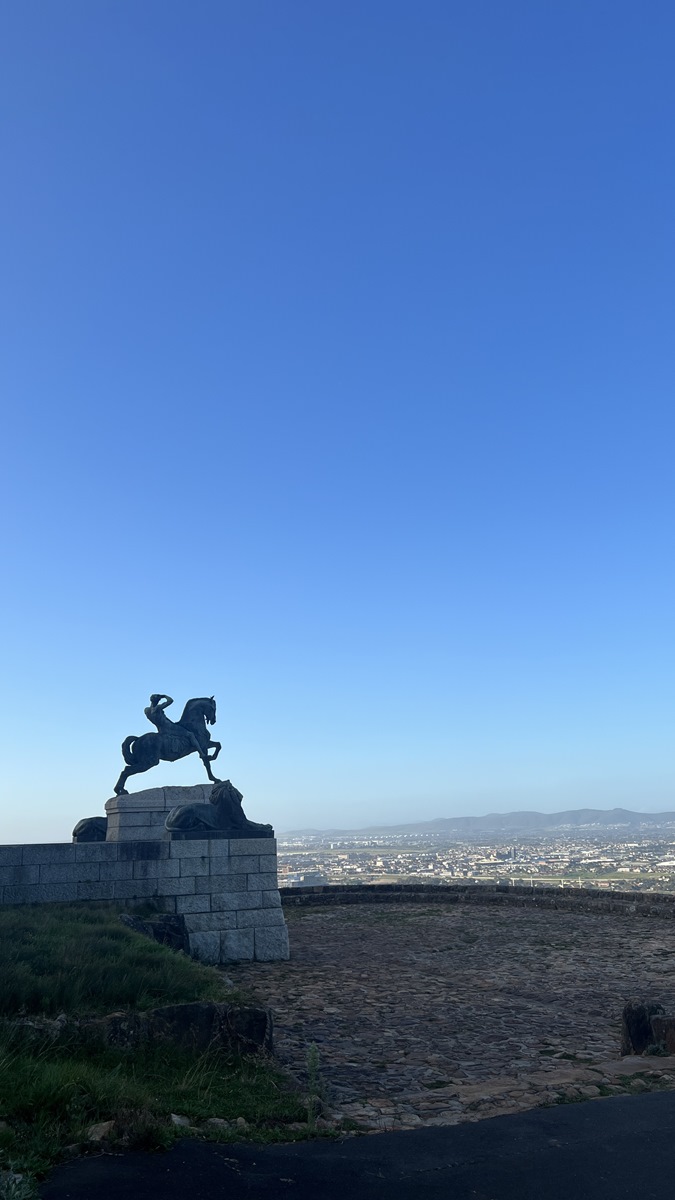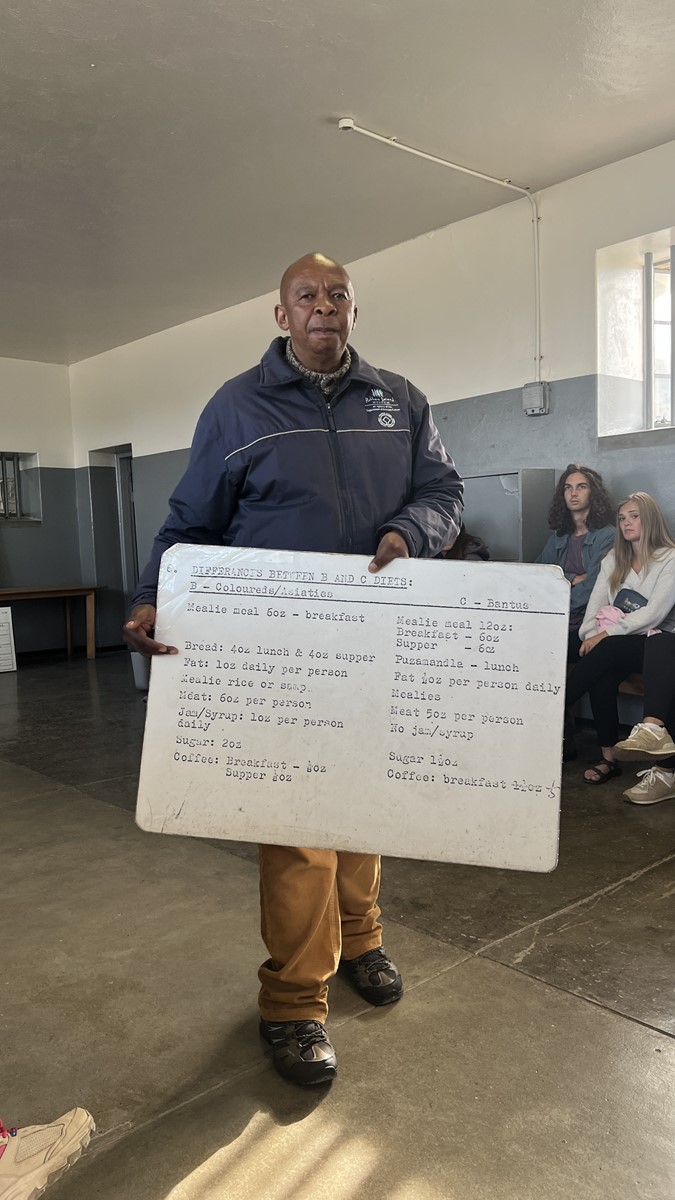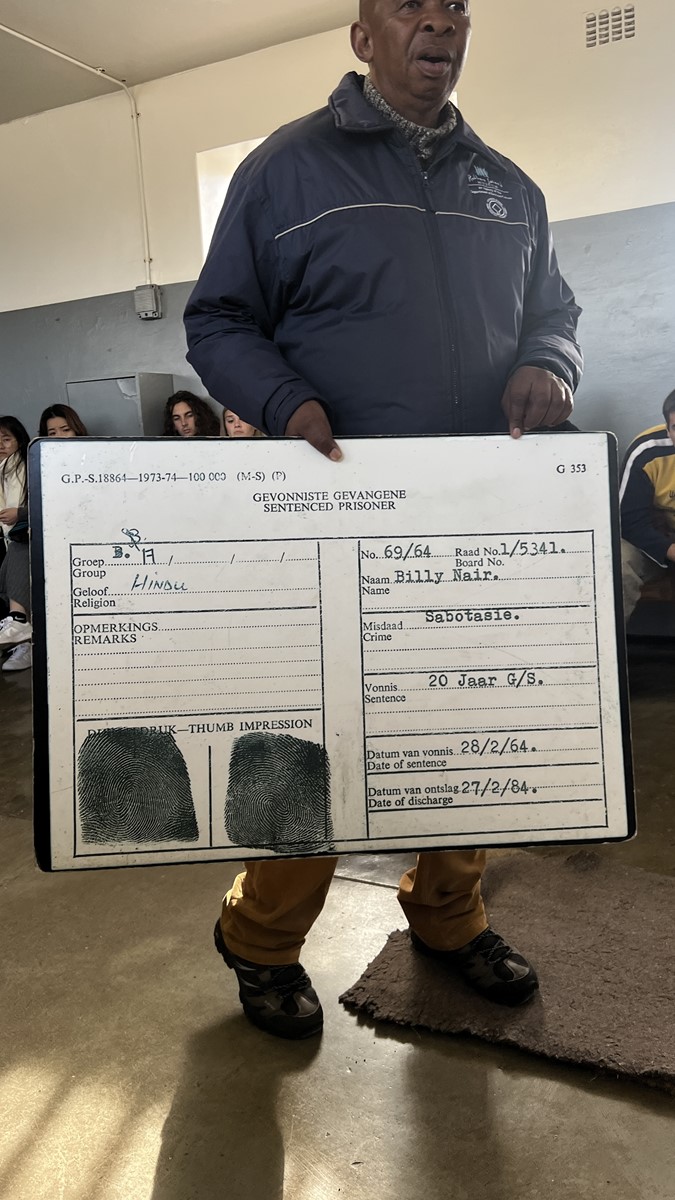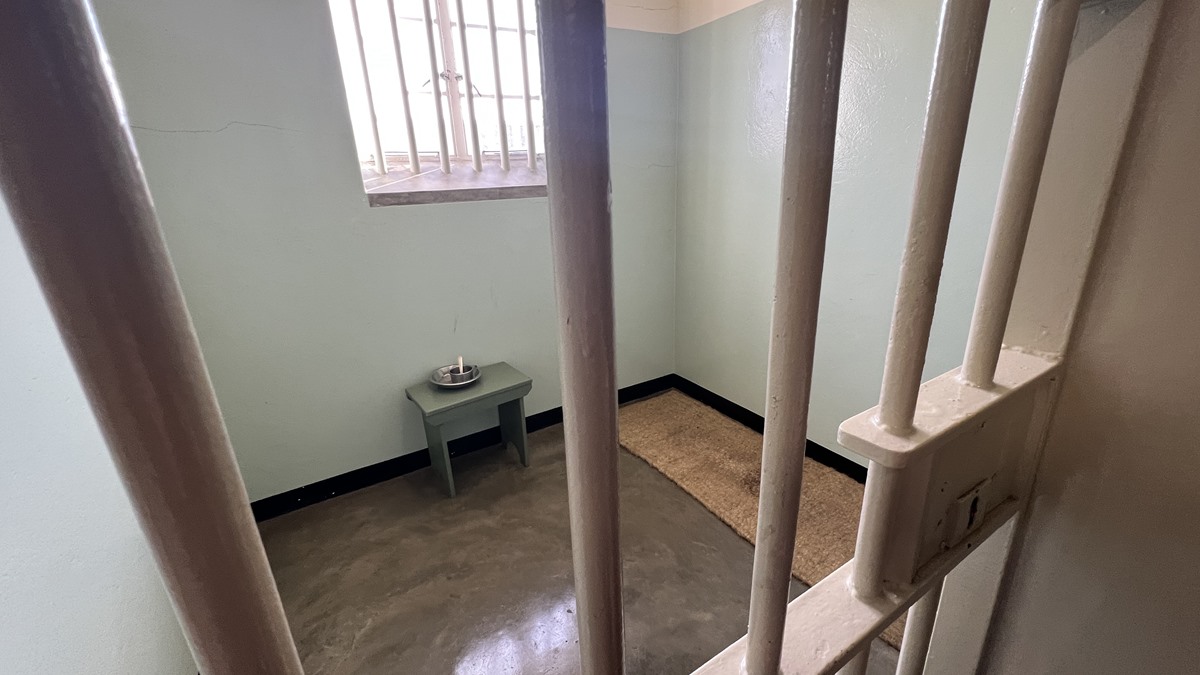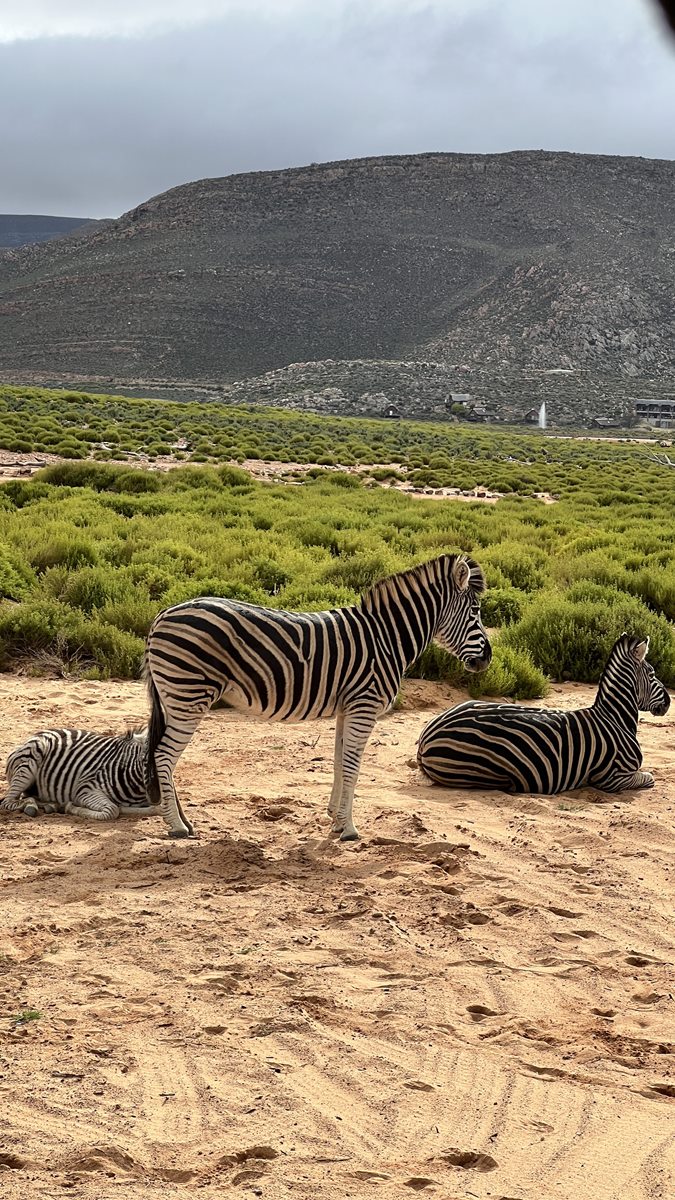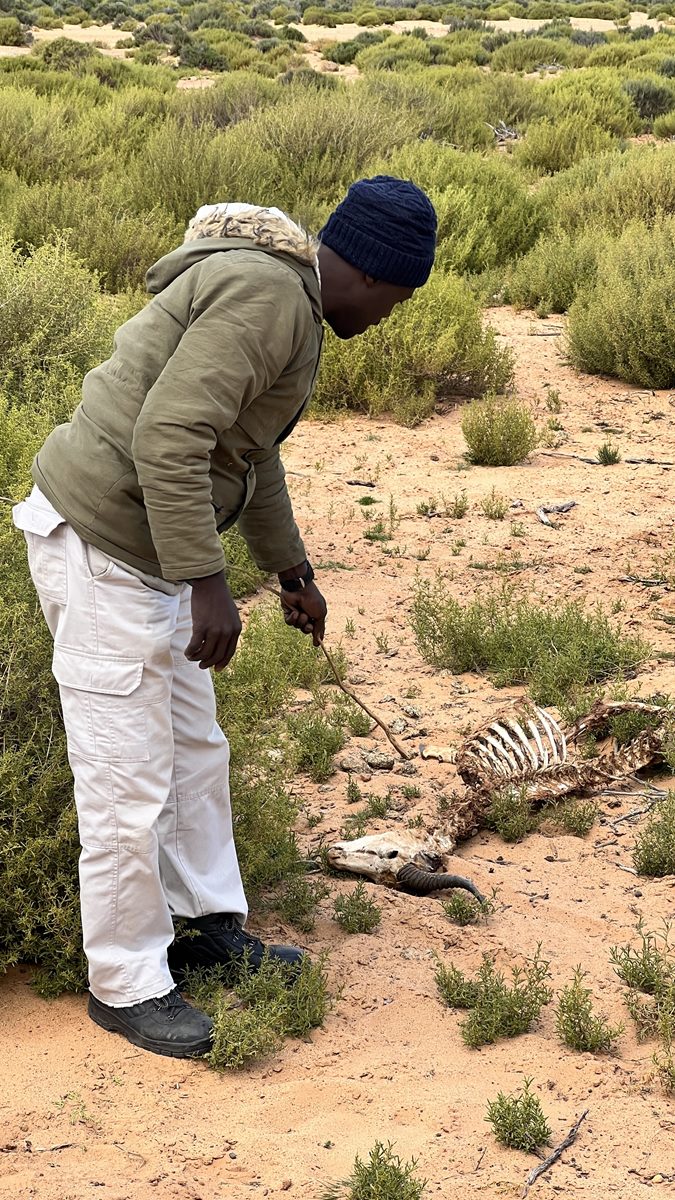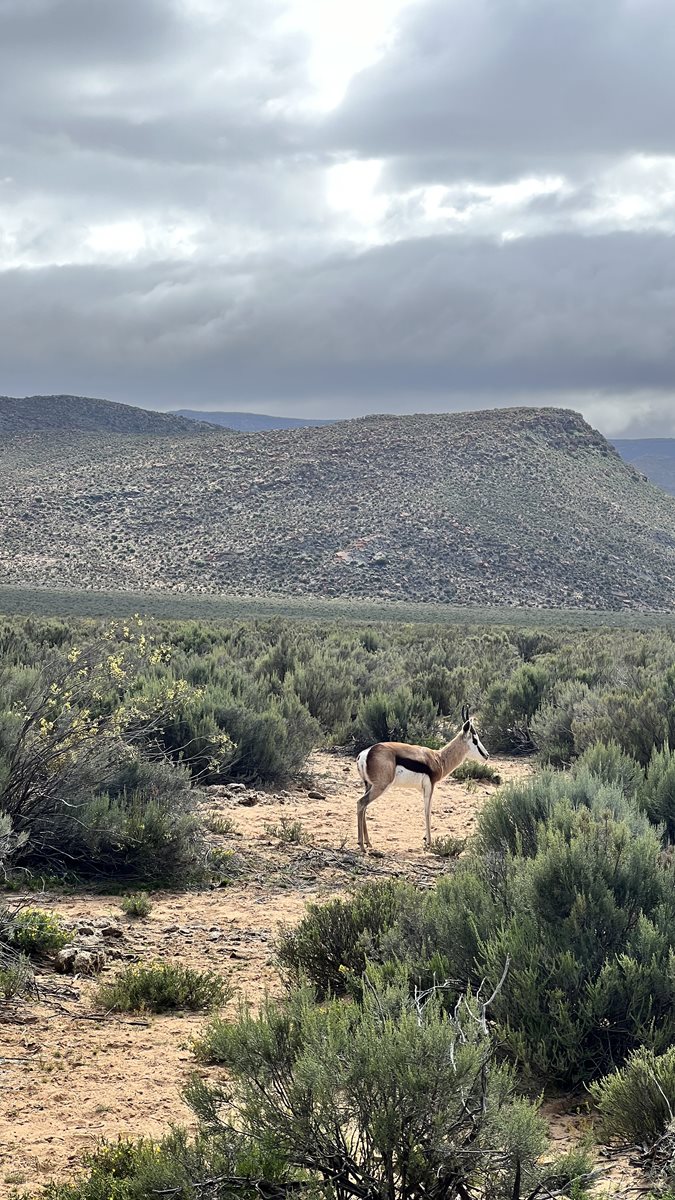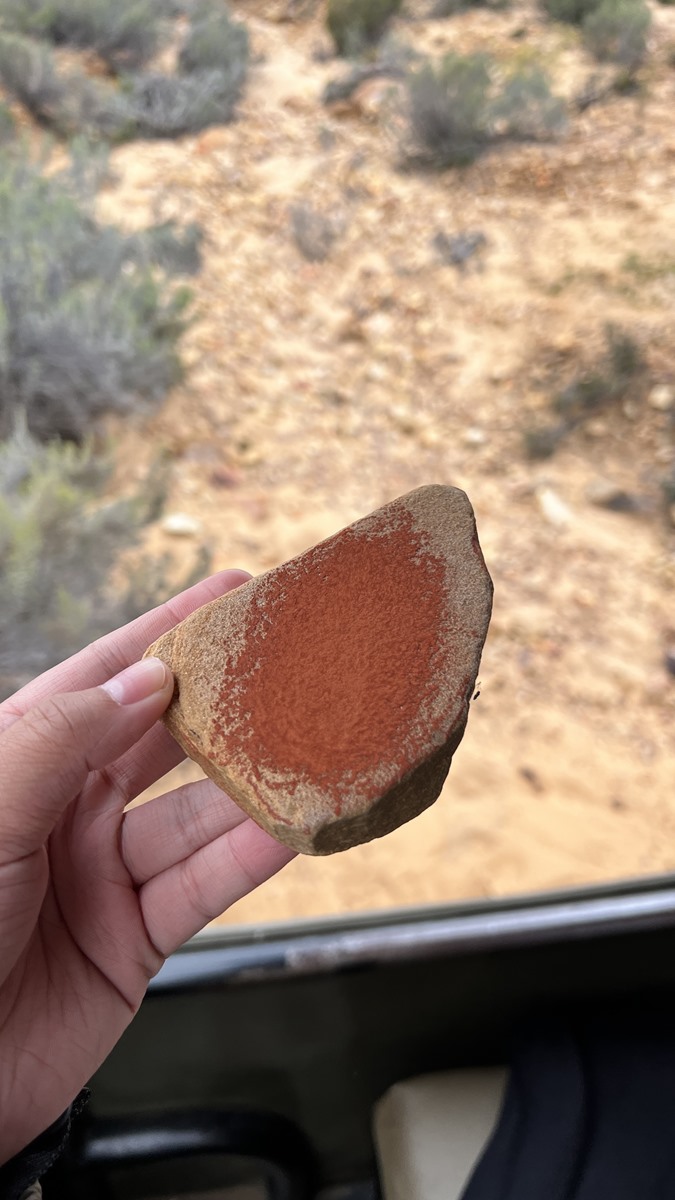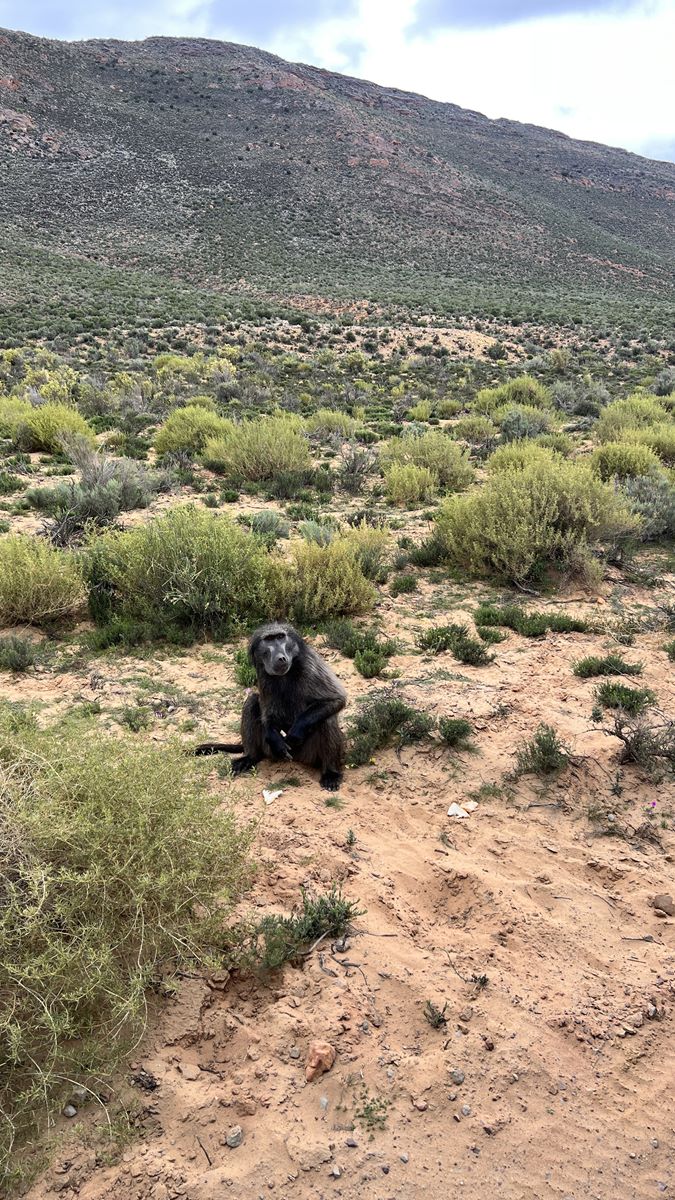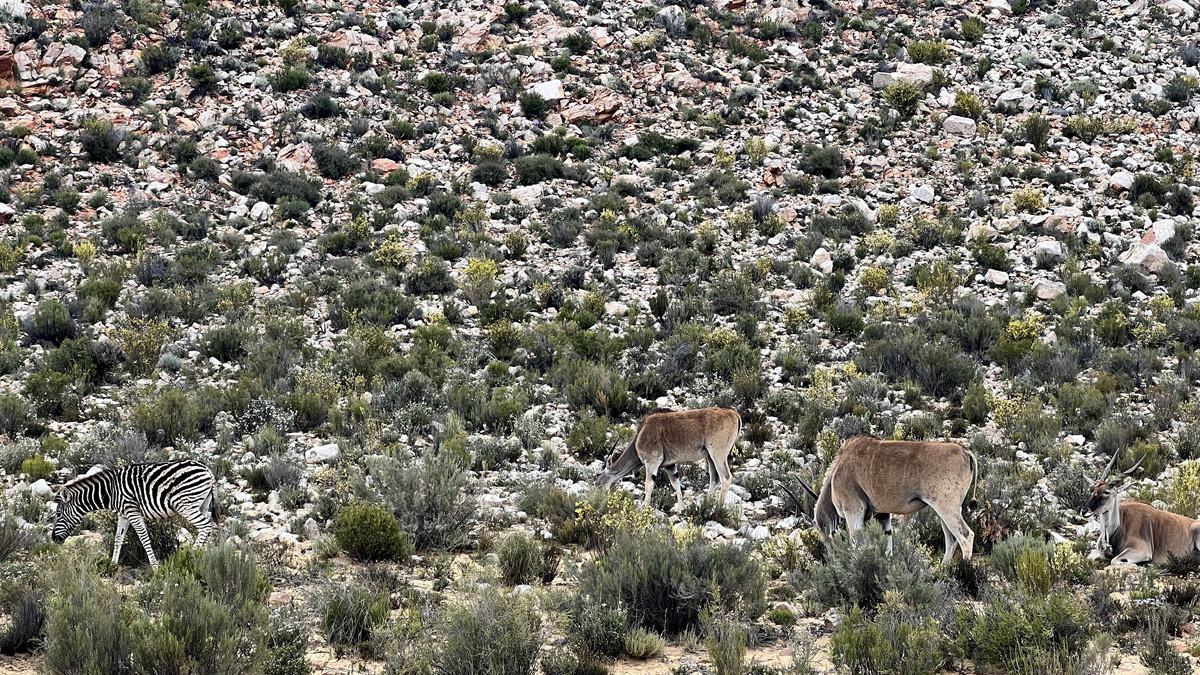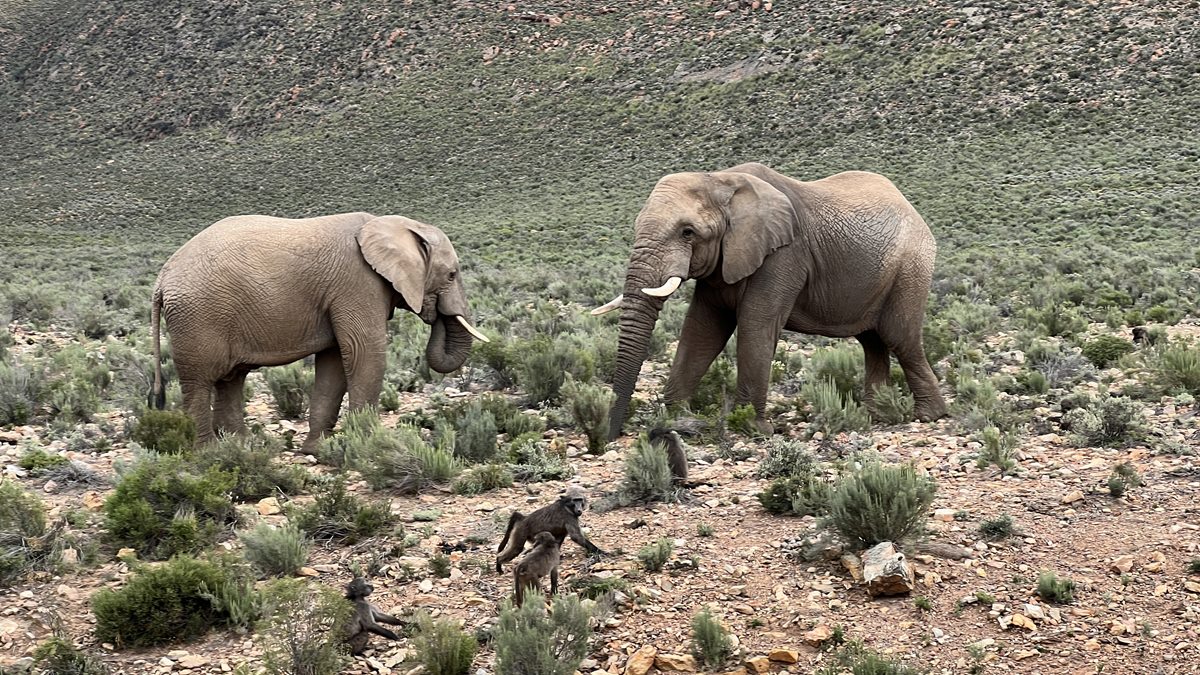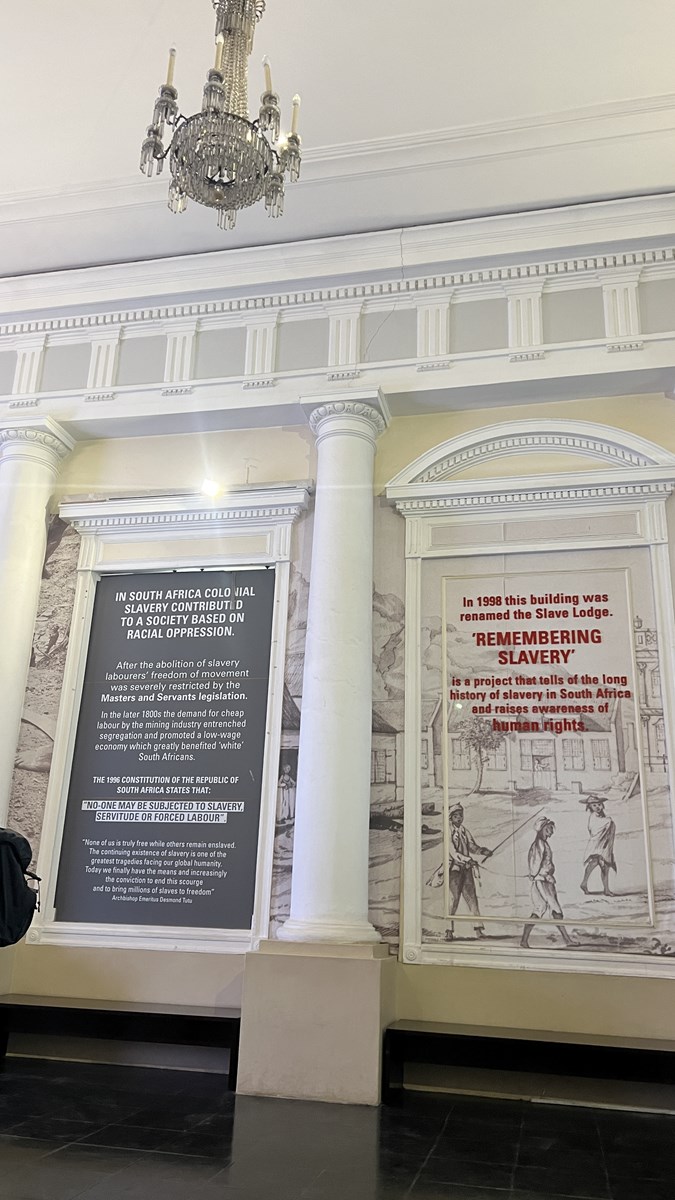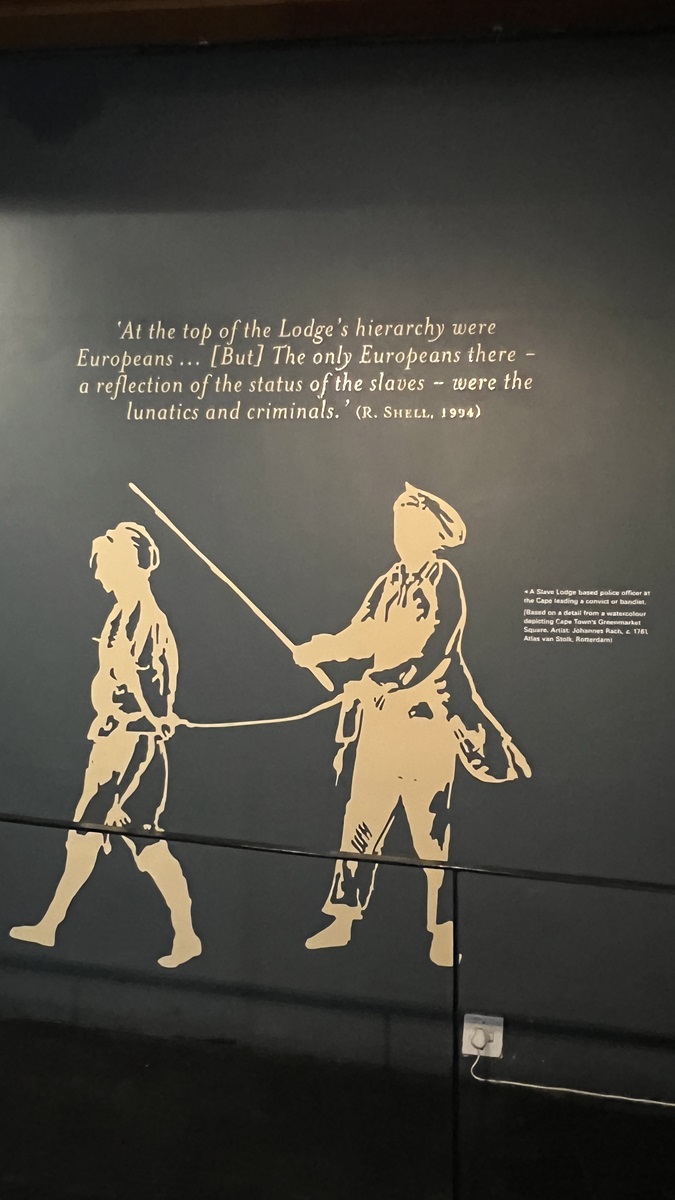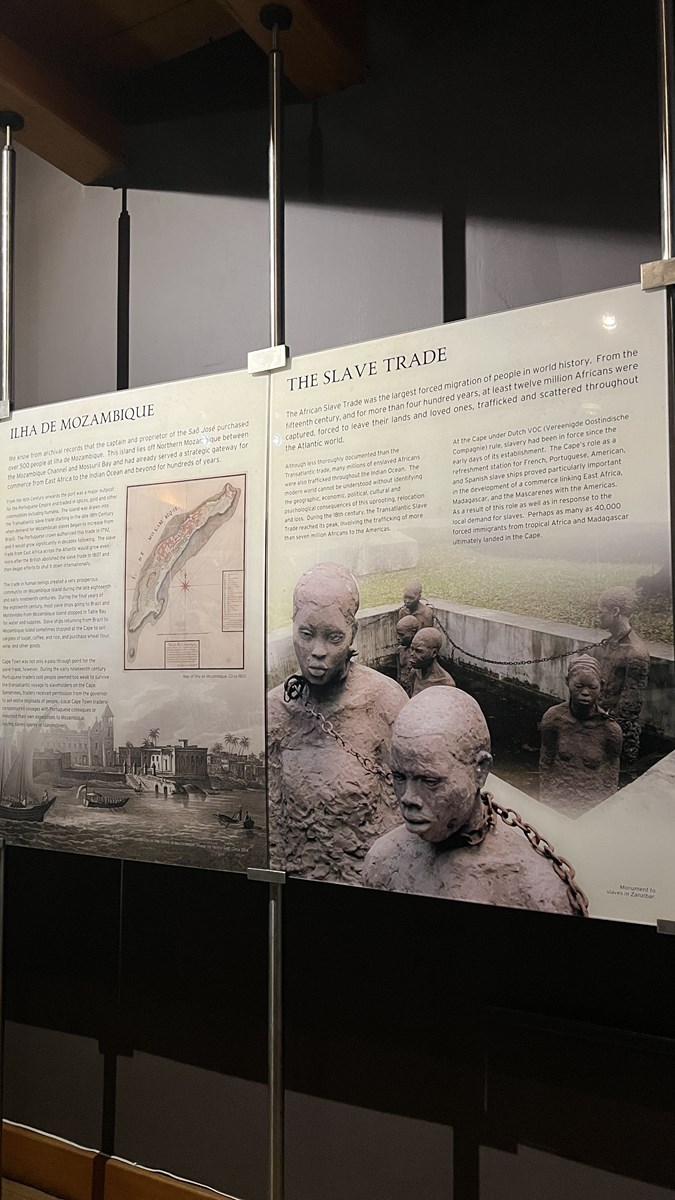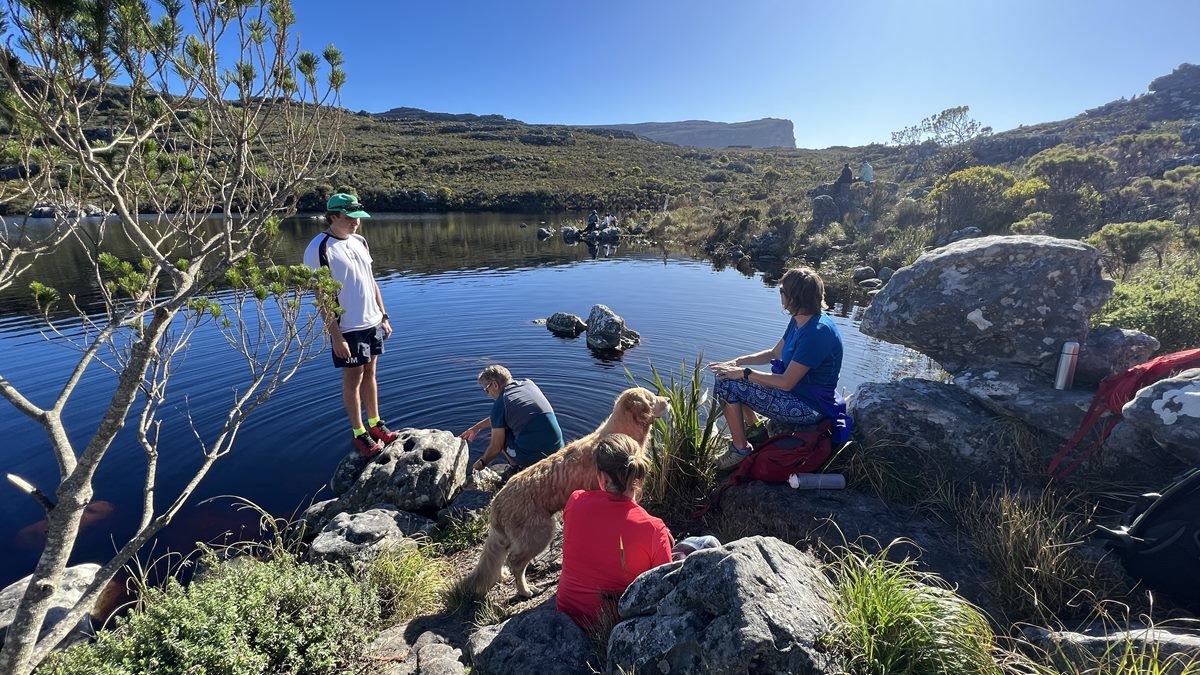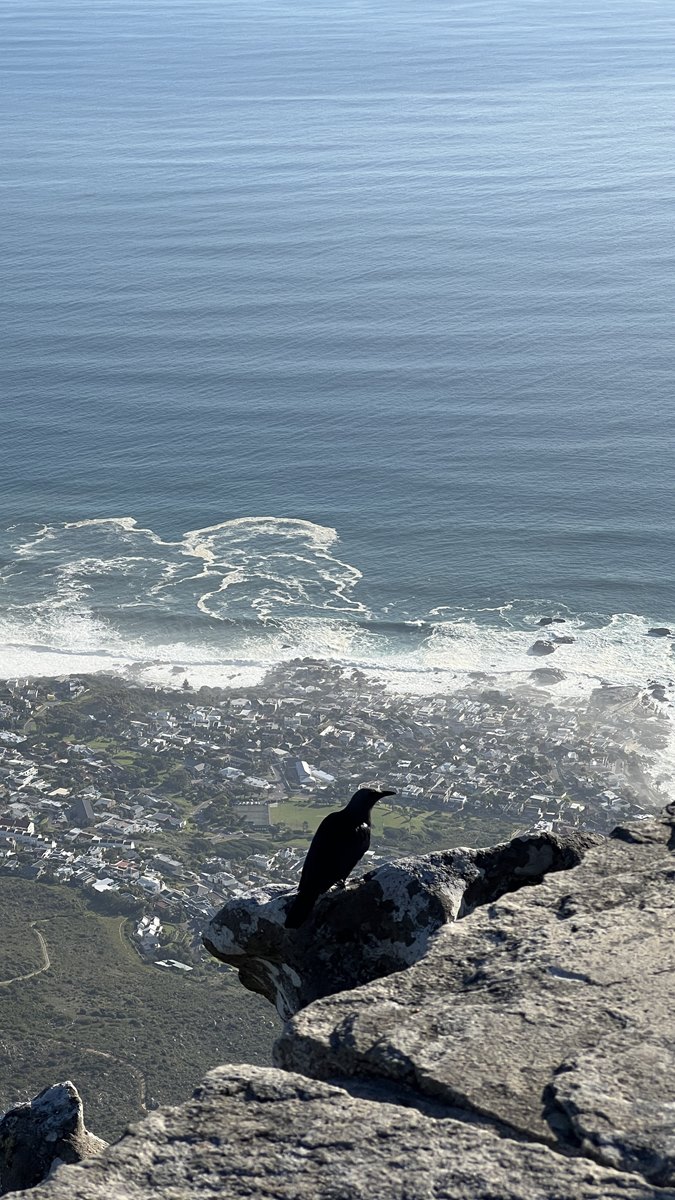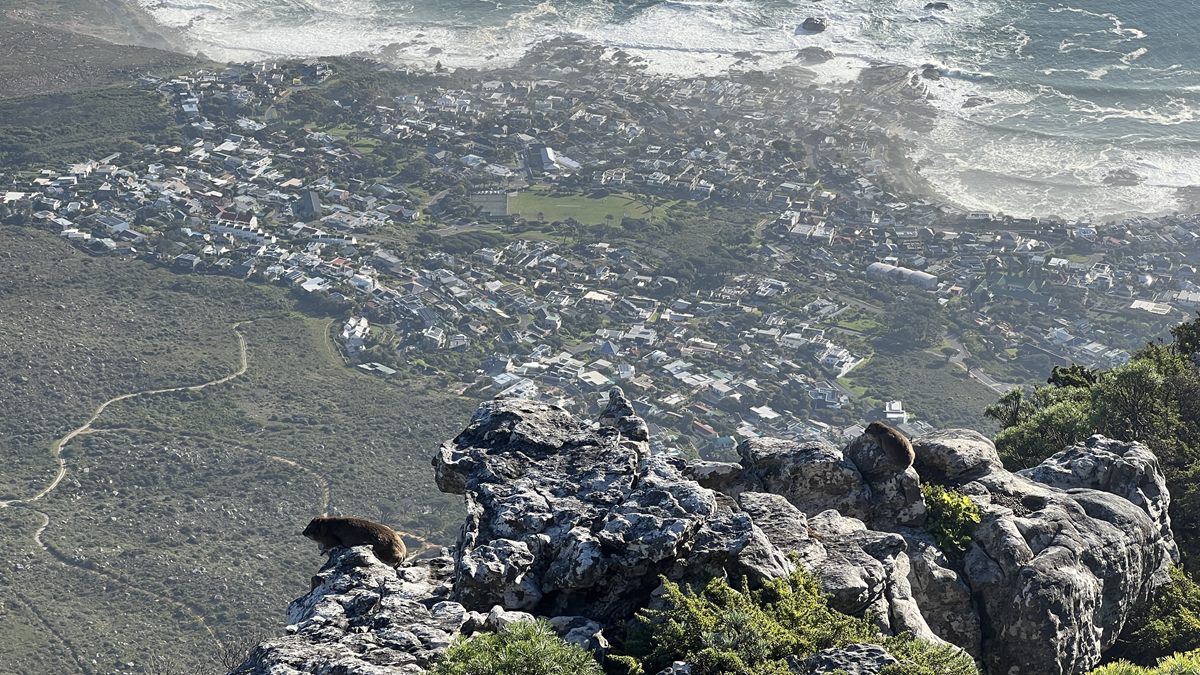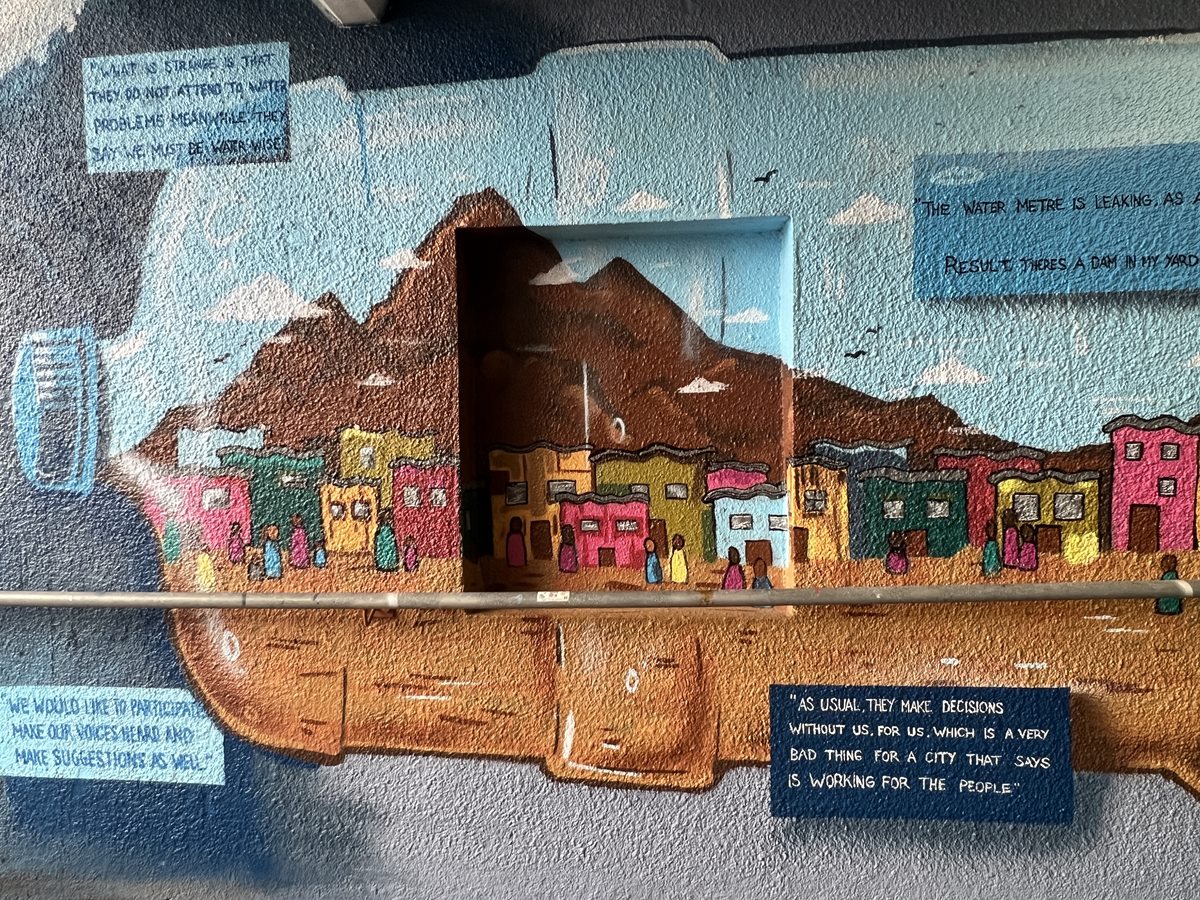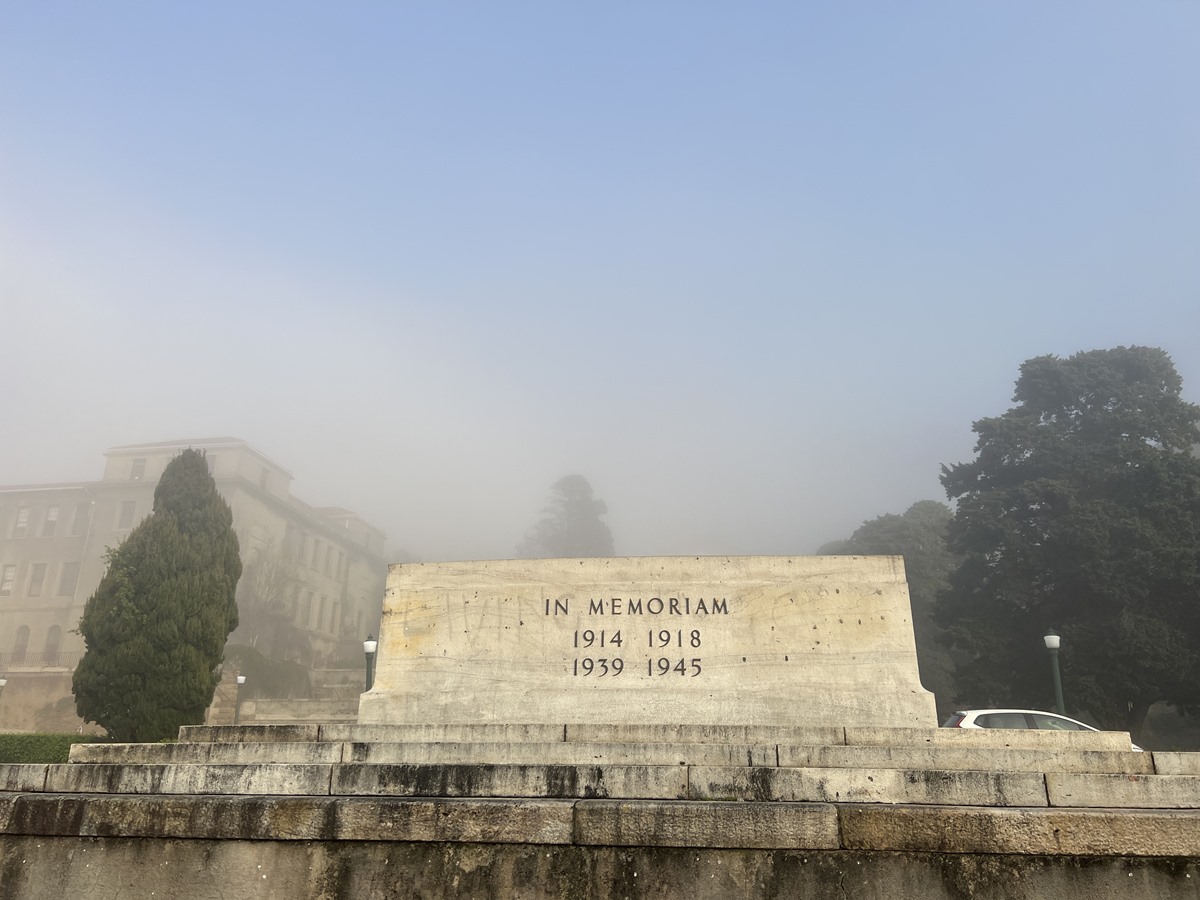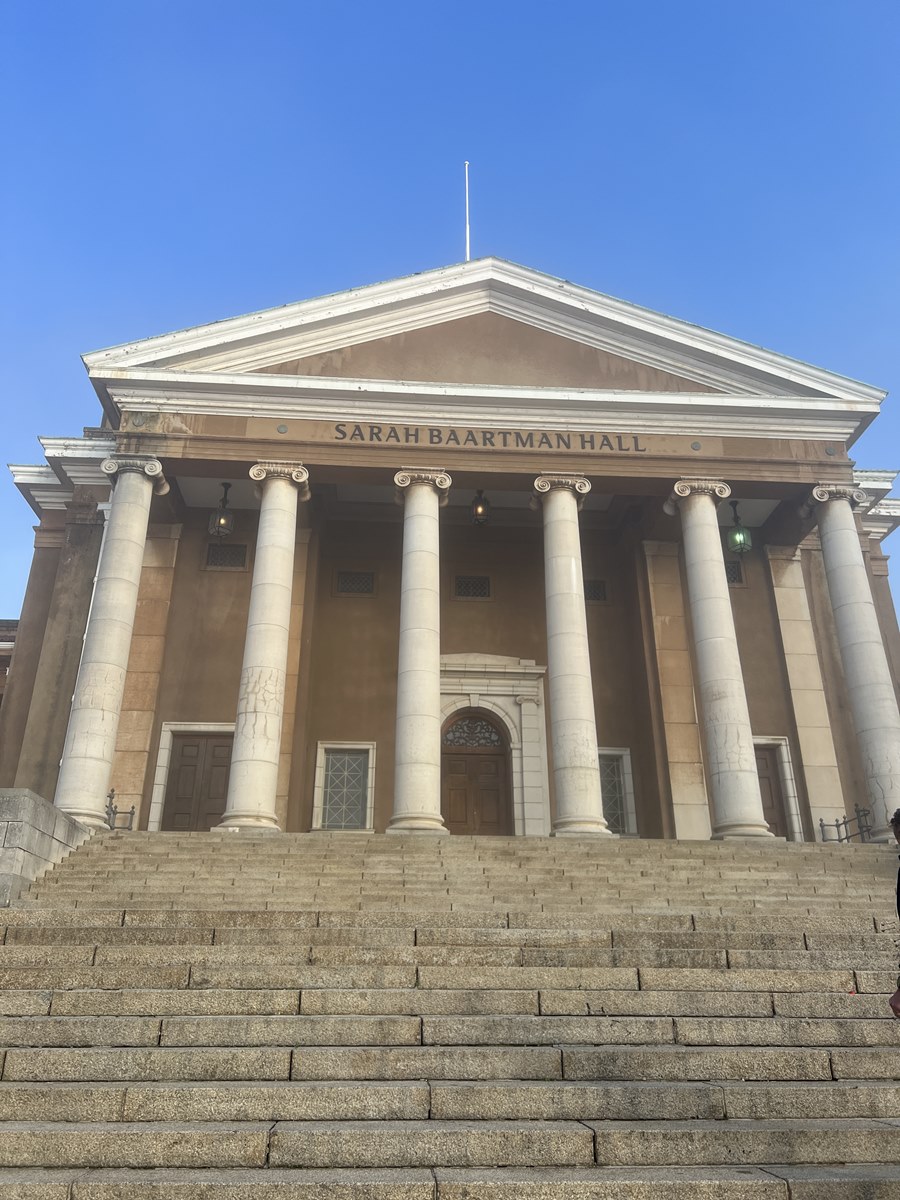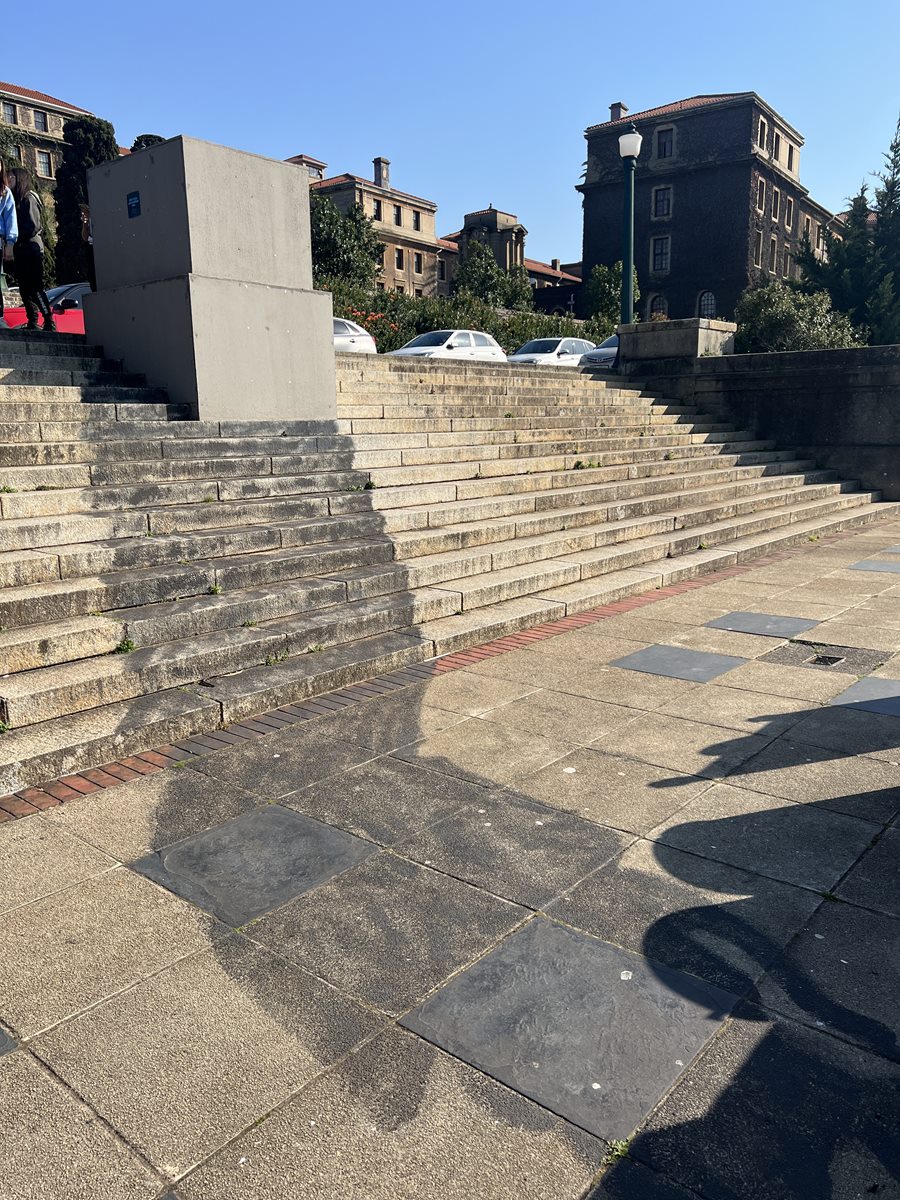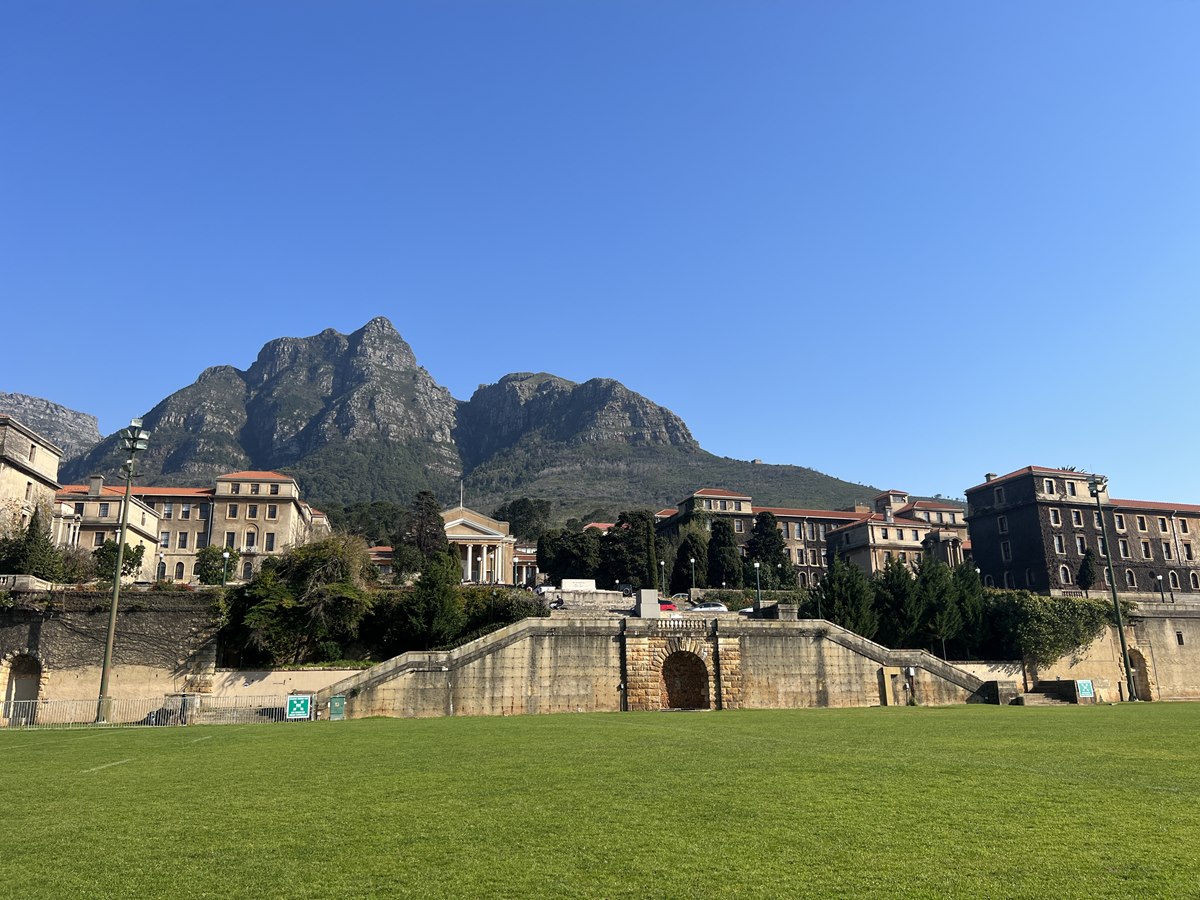The Department of International Education at the Faculty of Education and Human Development organised a study tour to Cape Town between 6 Aug and 19 Aug. This tour offers a transformative educational experience revolving around two central themes. Firstly, it endeavors to illuminate the far-reaching consequences of extreme economic and social inequalities in developing societies, within the dynamic framework of an increasingly interconnected global landscape. This exploration is grounded in South Africa's intricate historical tapestry, encompassing its colonial legacy and the era of Apartheid. Secondly, the tour delves into the paramount significance of preserving biodiversity and upholding nature's delicate balance. Participants are immersed in the breathtaking natural beauty of the Western Cape's diverse ecosystems, set against the backdrop of challenges stemming from limited water resources and burgeoning economic progress.
Students' Sharing
From the moment we arrived at the airport, we were informed about the critical situation involving taxi driver riots that had paralyzed the city and tragically led to the loss of innocent lives. As I attended lectures by Professor Mason, I came to realize that the violence permeating the city, the deep-seated animosity towards white individuals, and the educational disparities among black and colored people were all legacies of centuries of colonialism and slavery. It is disheartening to witness the enduring impacts of these historical injustices in every corner of Cape Town.
Our visit to Robben Island, where Nelson Mandela spent 18 years in prison, was a profound experience. The most important lesson I took away from it is that the pursuit of freedom, liberty, and equality is a lengthy journey that demands patience and unwavering persistence. Education plays a pivotal role in this endeavor, as it not only awakens individuals to fight for their rights but also nurtures future leaders who can build an equitable society.
This journey was a transformative experience that offered a deep dive into various South African cultures and perspectives. From the exhilarating climb up Lion's Head to the serene beauty of Camps Bay, every step brought me closer to appreciating the uniqueness of the natural side of Cape Town. Visiting Rhodes Memorial and the University of Cape Town allowed me to witness the intersection of academia and history, fostering a deeper understanding of South Africa's past and its impact on its diverse population. Exploring Table Mountain revealed not only the natural wonders of the region but also the metaphorical heights that can be reached through embracing diversity. The colourful streets of Bo-Kaap and the poignant District Six Museum provided firsthand insights into the struggles and triumphs of the people. Engaging with local artisans at the Saturday Local Market offered a tangible connection to the creative spirit of the community. Encountering penguins at Boulders Beach and exploring the Cape of Good Hope highlighted the interconnectedness of life across different species and ecosystems. The Vredenheim Big Cats Game Park and Aquila Wildlife Safari underscored the importance of conservation and respecting all forms of life. Furthermore, interactions with individuals from diverse backgrounds, be it locals at markets or fellow travellers, fostered a genuine appreciation for the richness that differences bring to our world. As the journey unfolded, my attitude shifted from passive observation to active engagement. The readiness to communicate and collaborate with people from various walks of life emerged naturally. Overall, this journey has been an eye-opening chapter in my life, where each destination became a lesson in empathy, open-mindedness, and the beauty of cultural diversity.
On this study tour, I have learned about the diverse cultures and societies in Africa. The buildings and scenery we encountered along the way stood in stark contrast to those in Hong Kong. Moreover, the lifestyles and conversations of the South Africans we met were markedly different from those in Hong Kong, leading me to appreciate the cultural and societal differences between us. In conclusion, this journey has broadened my global perspective, deepening my understanding of the unique cultures and events in countries beyond Hong Kong. Moving forward, I recognise the importance of being more attentive to global events in order to continue developing this global perspective.
Acknowledgement
Source: Prof Mark Mason, Mr Benjamin So and Ms Wing Chan; Department of Education Policy and Leadership (EPL@EdUHK); for more information, please click Read More


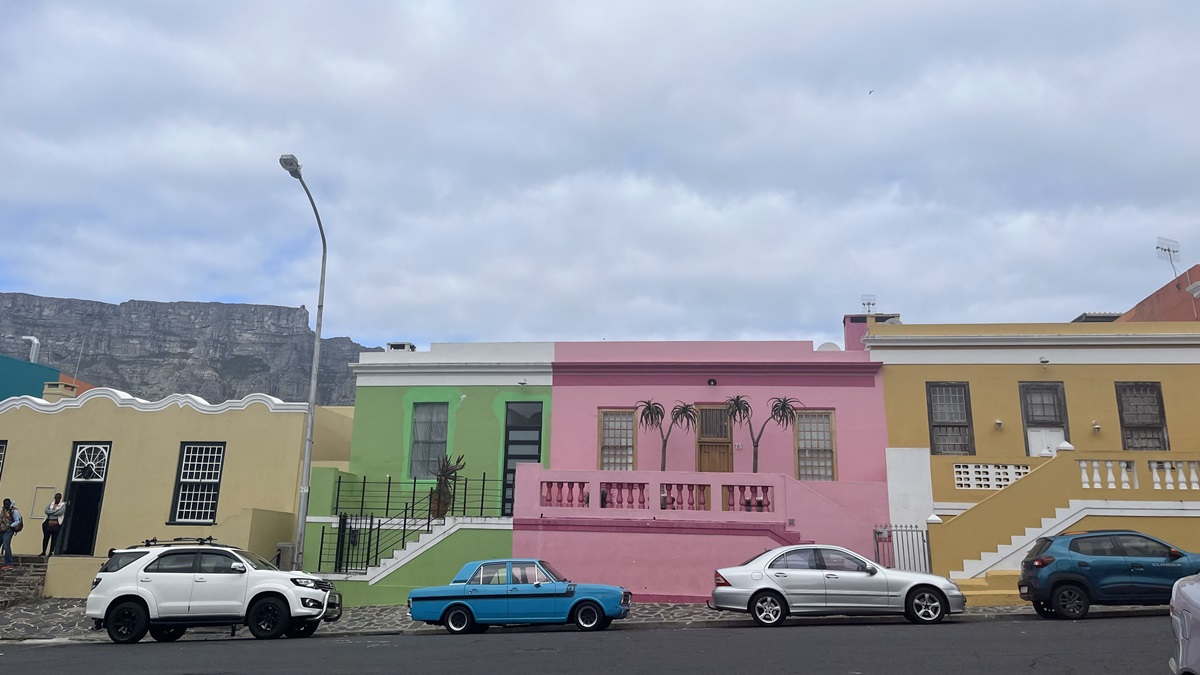
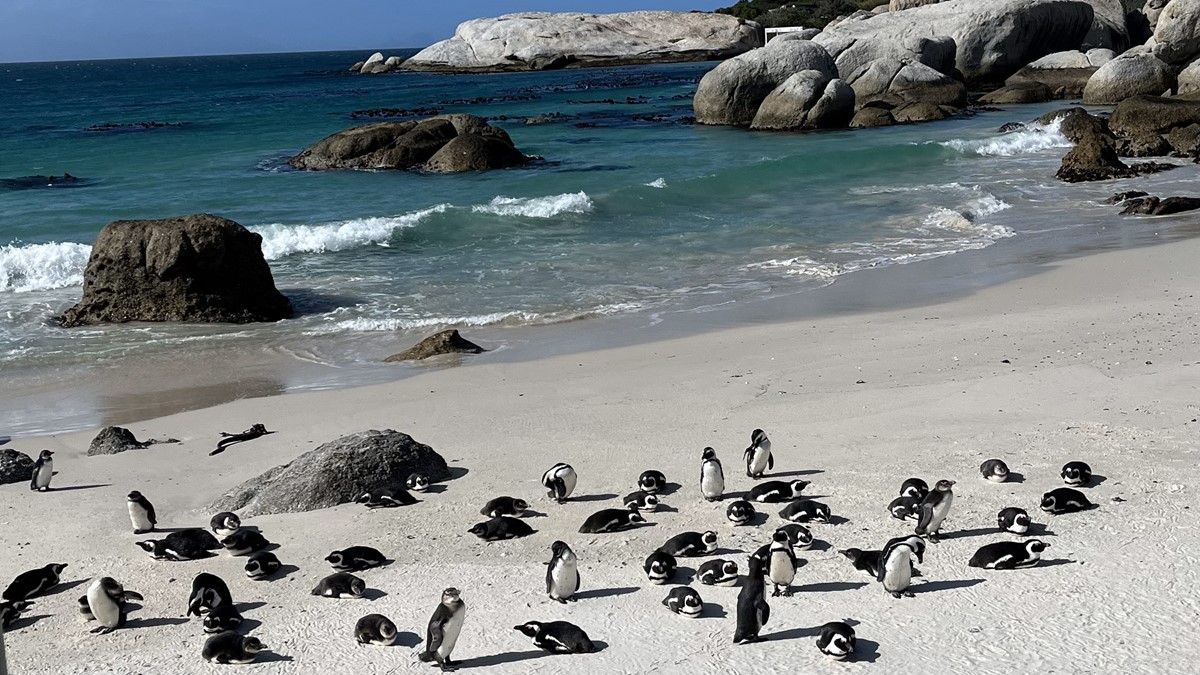
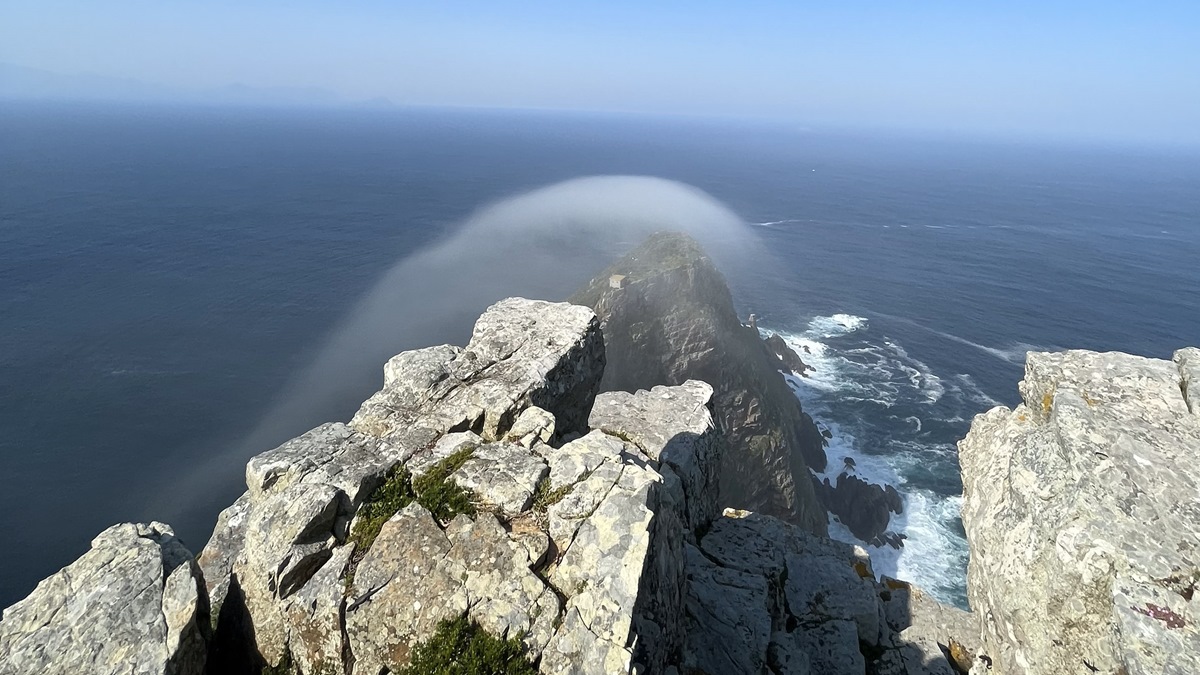
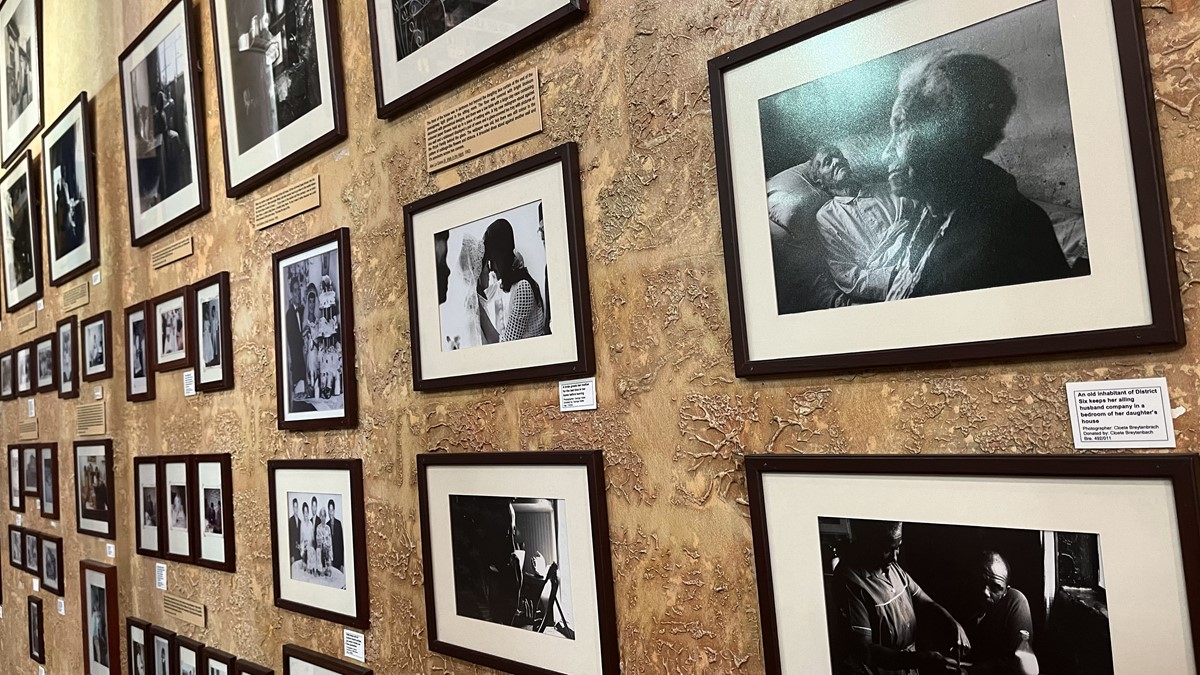
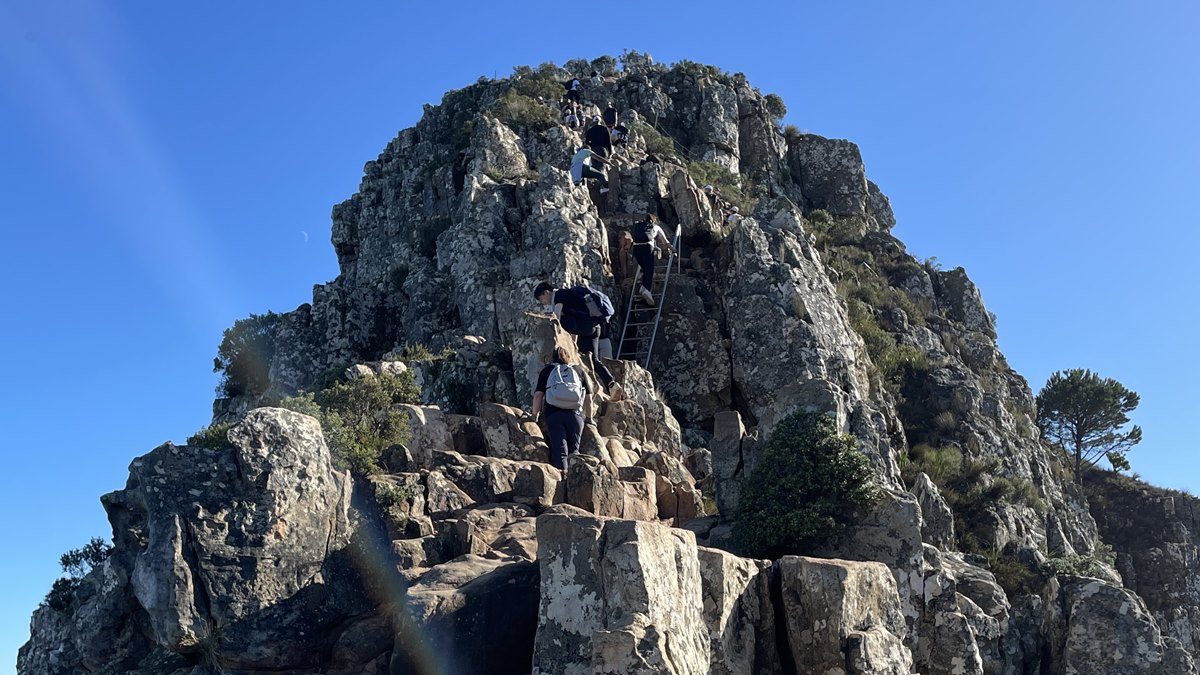
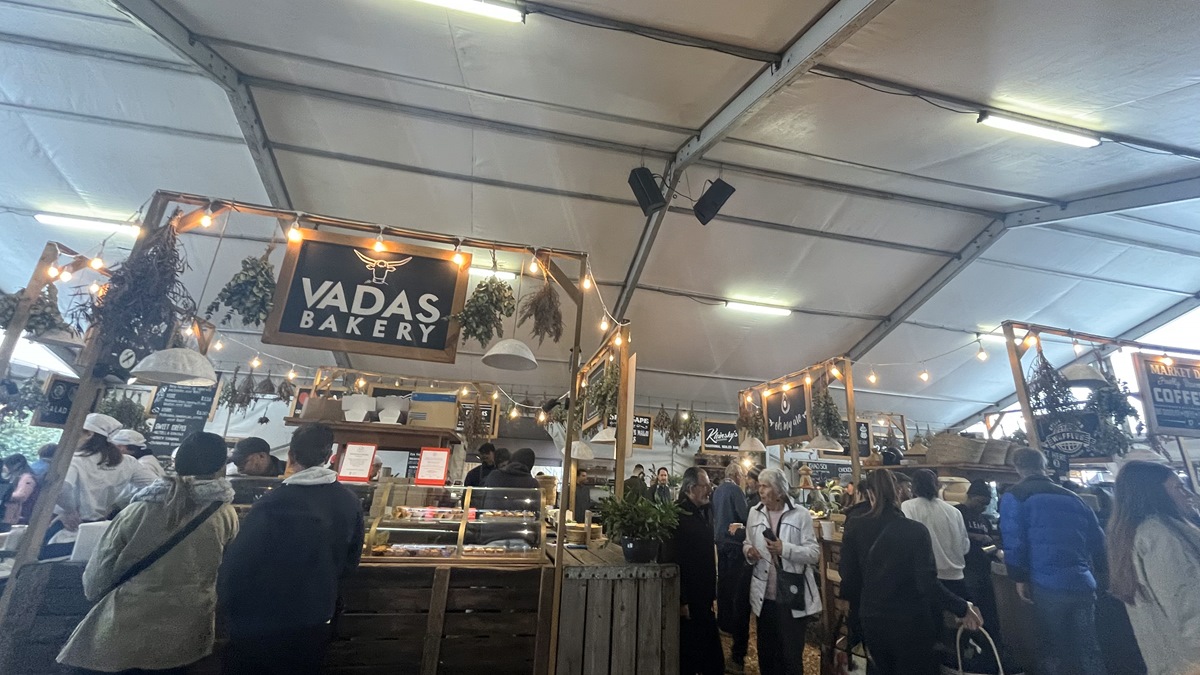
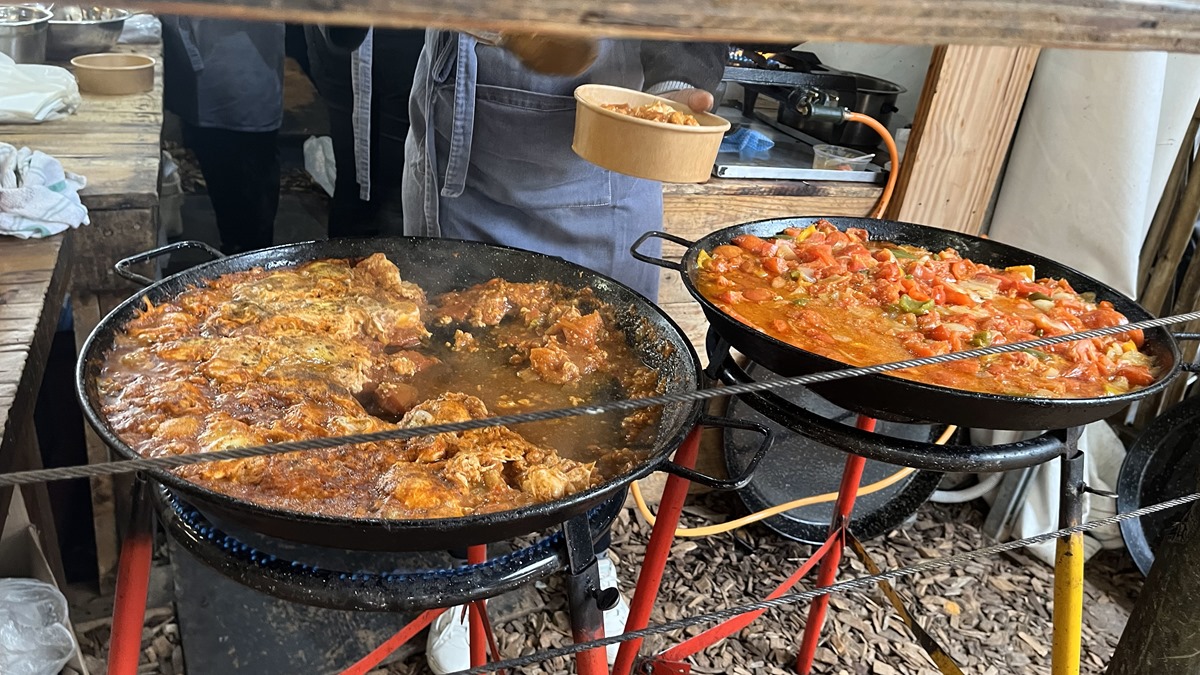
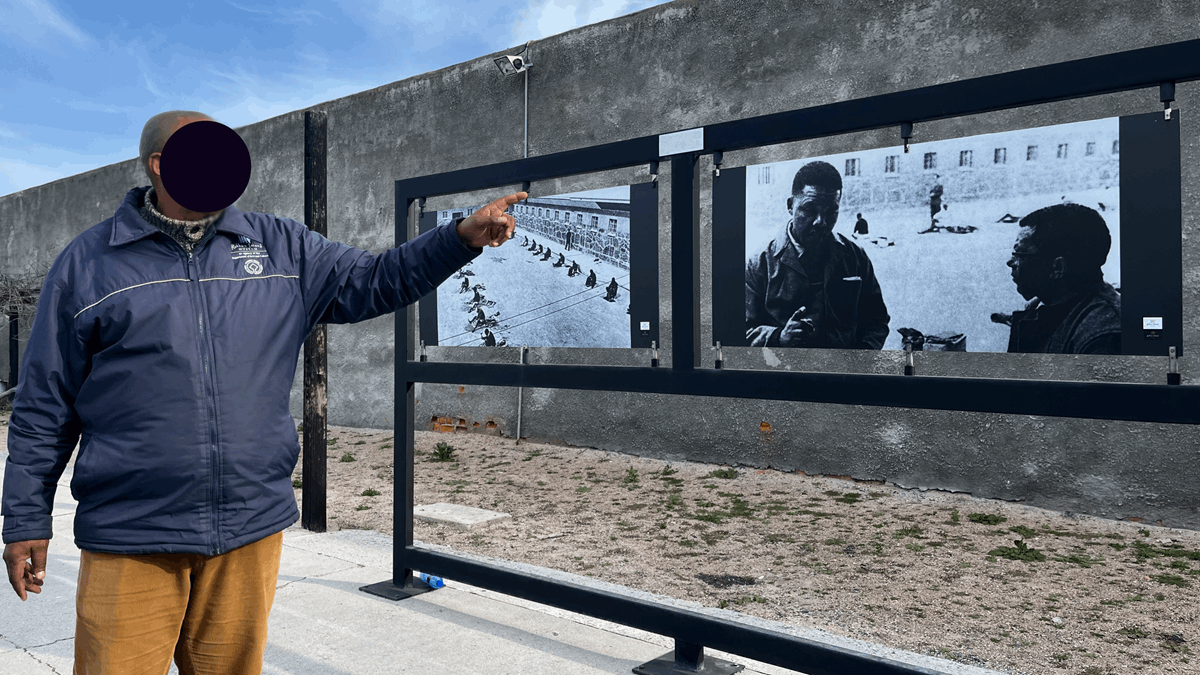
.jpg)

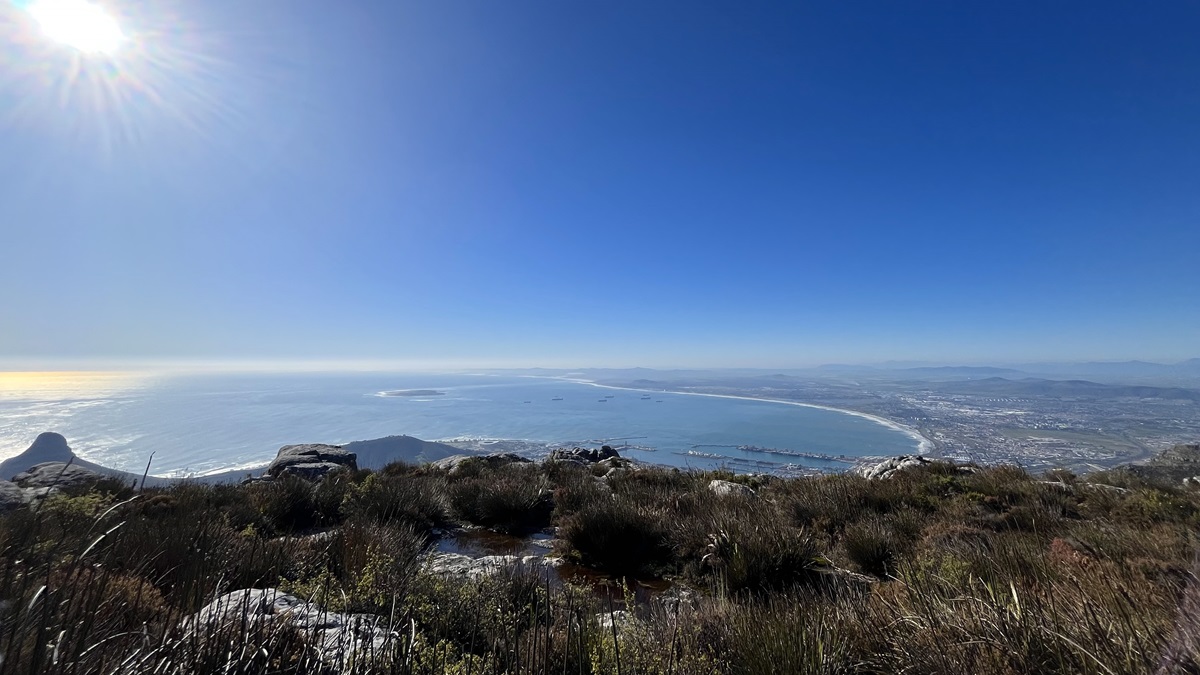
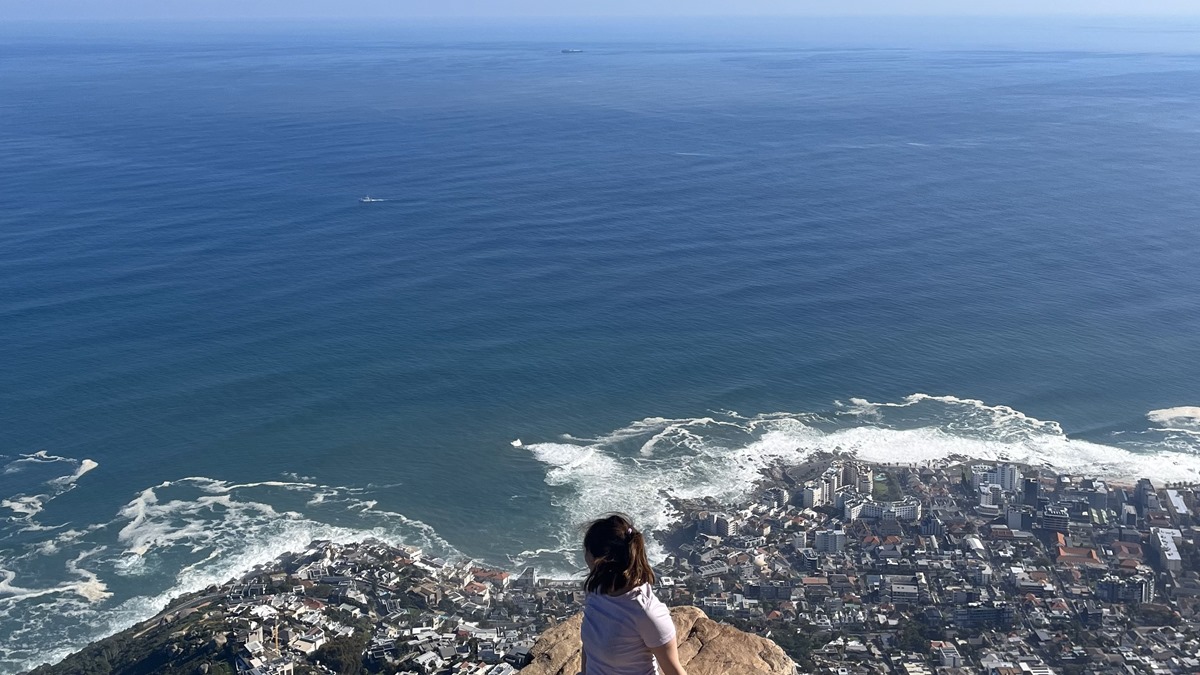
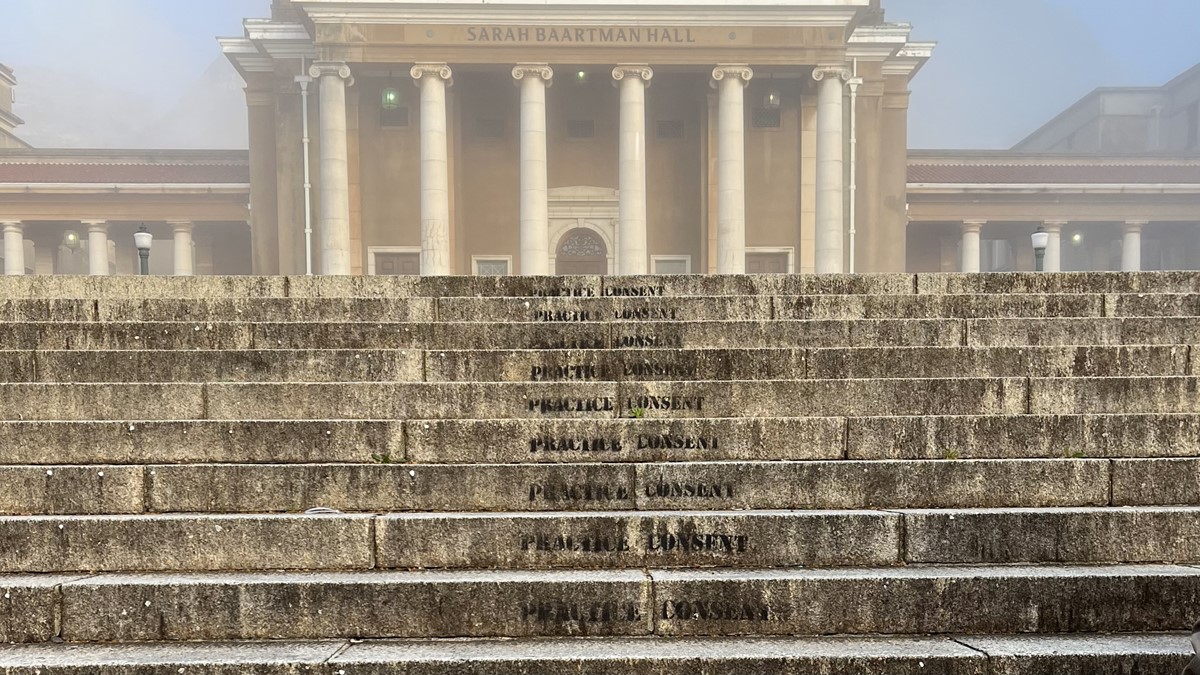
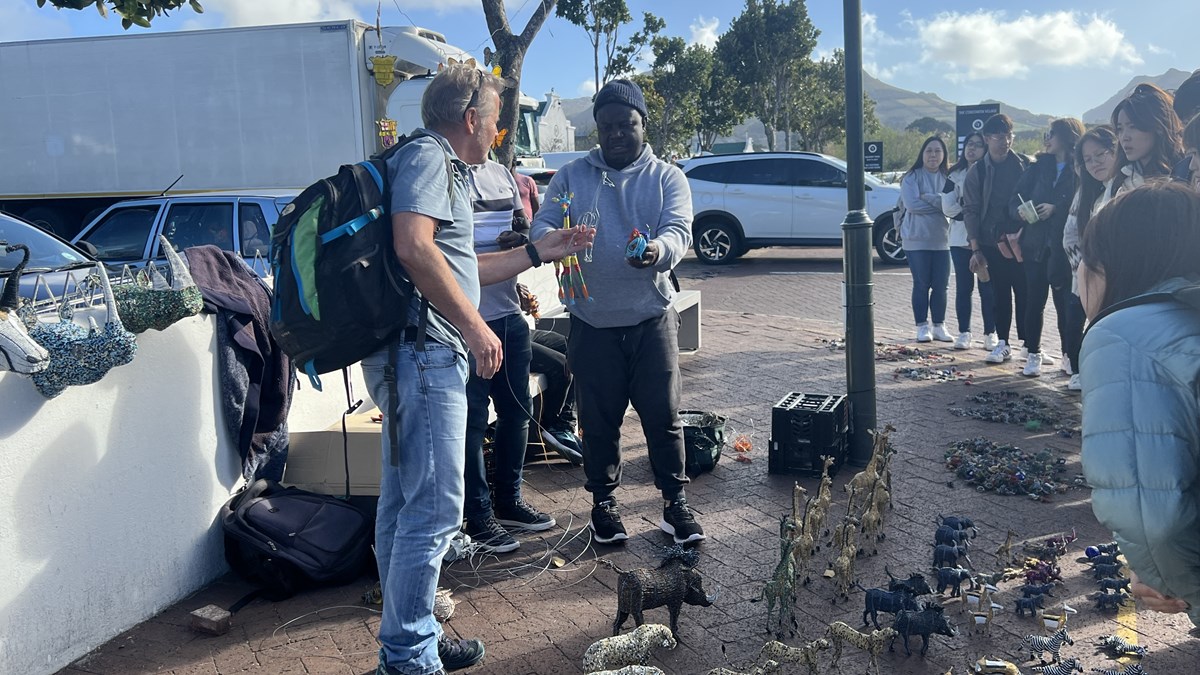
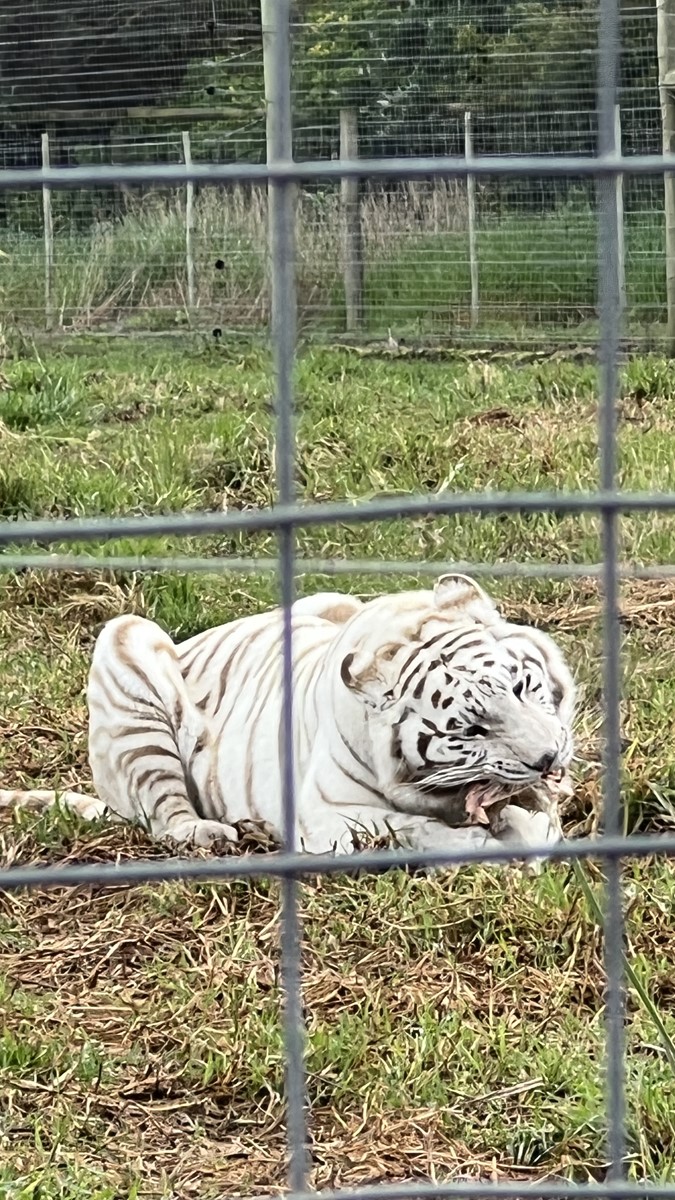

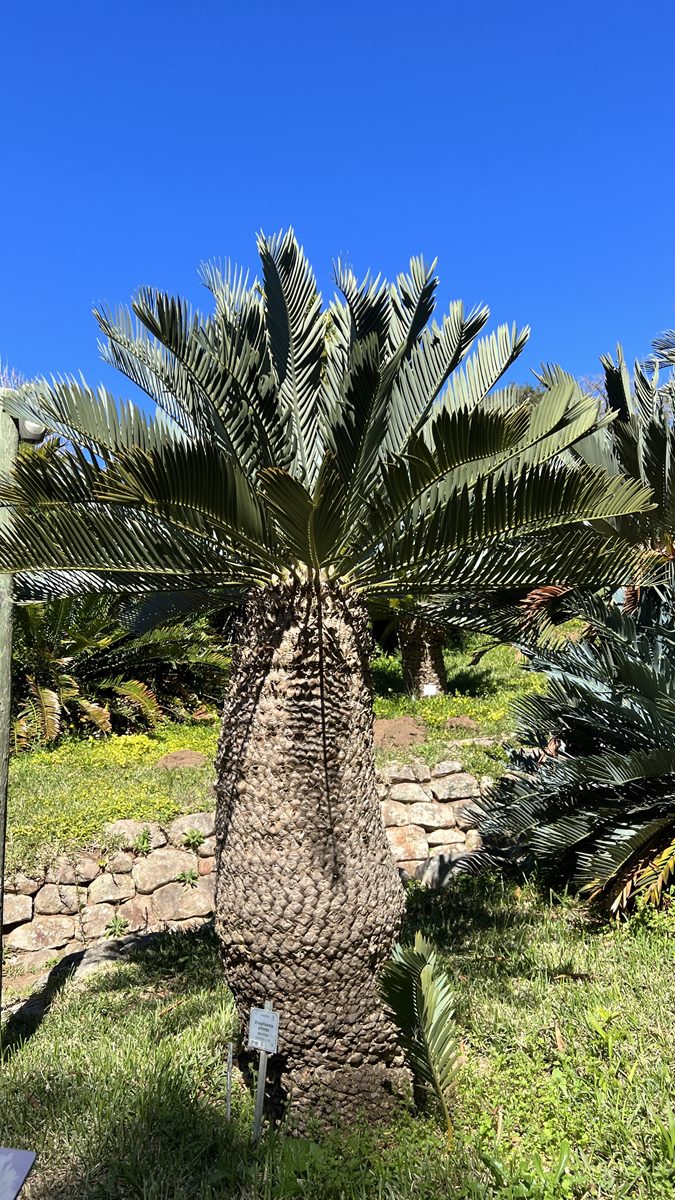
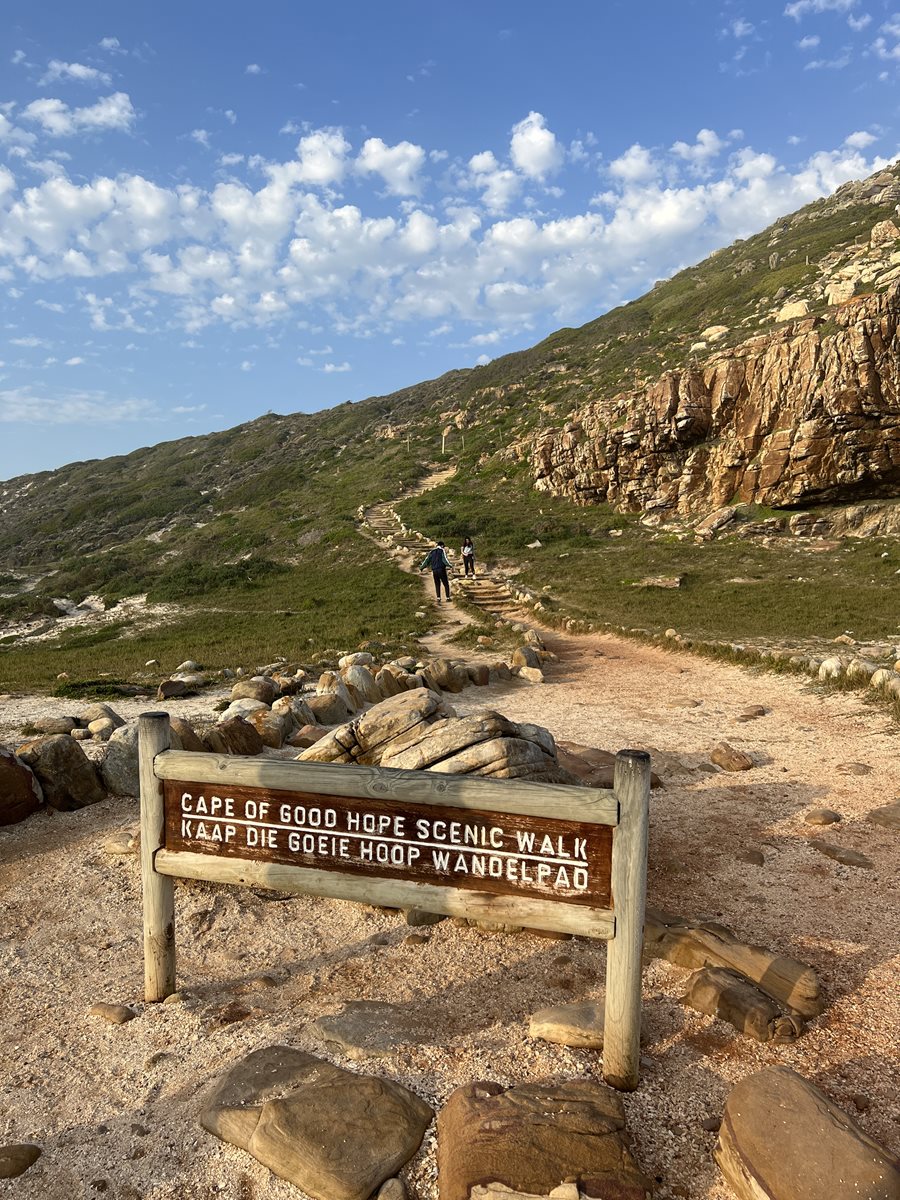
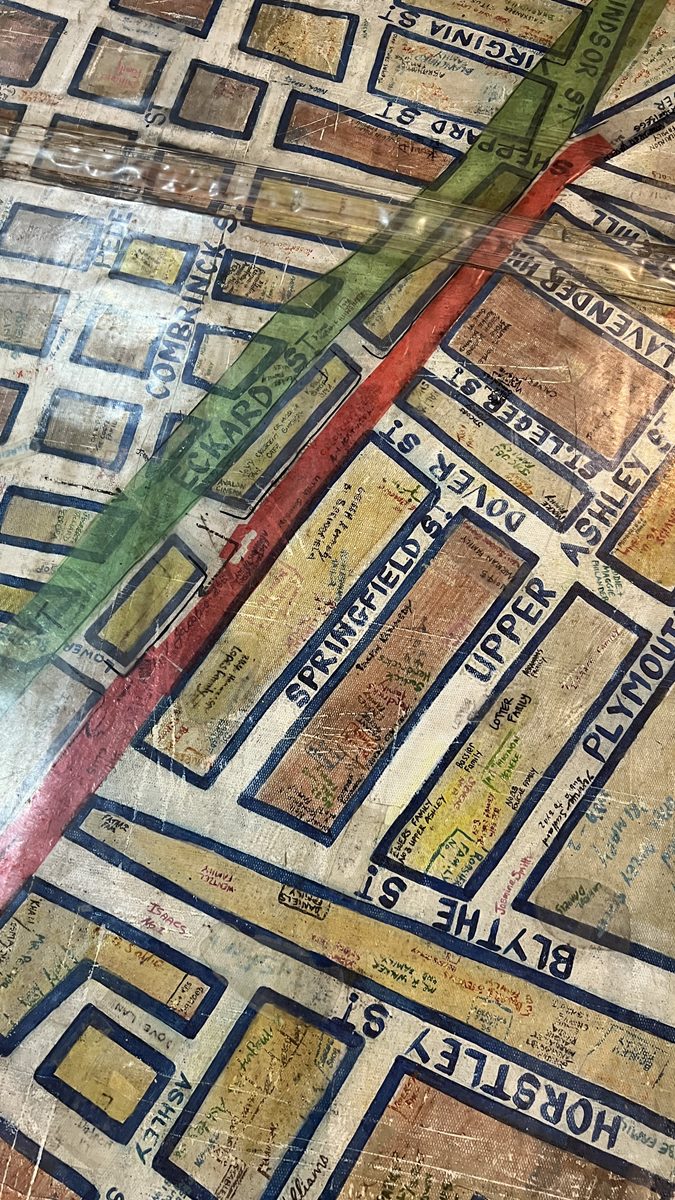
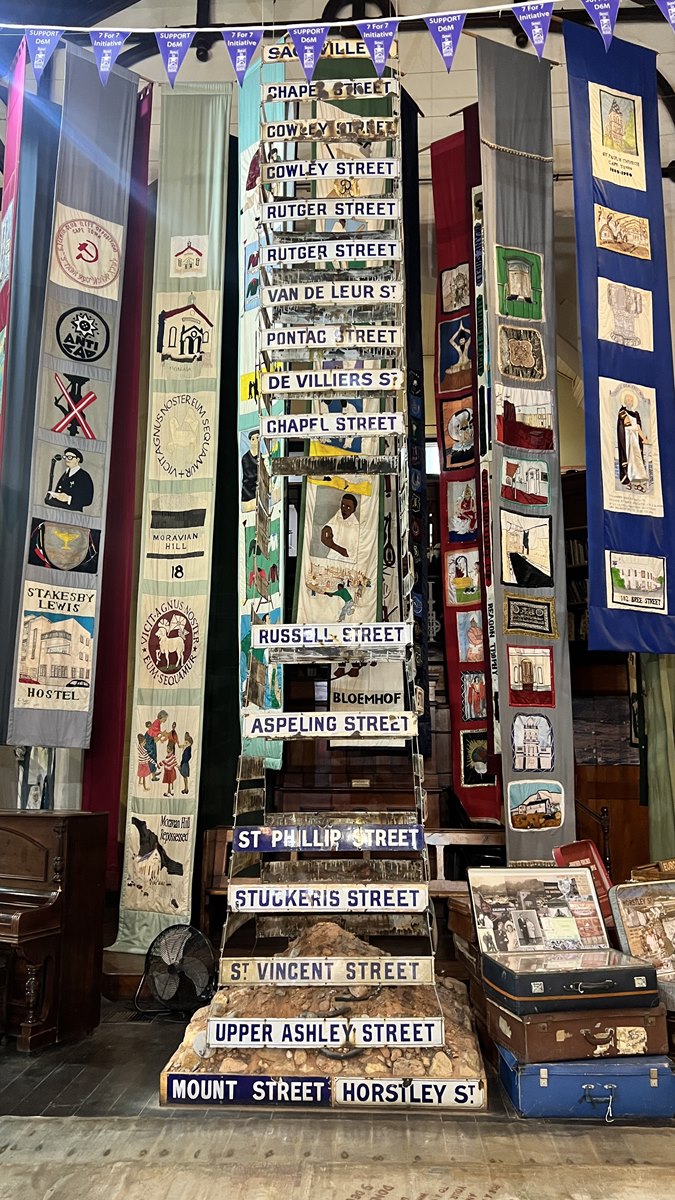
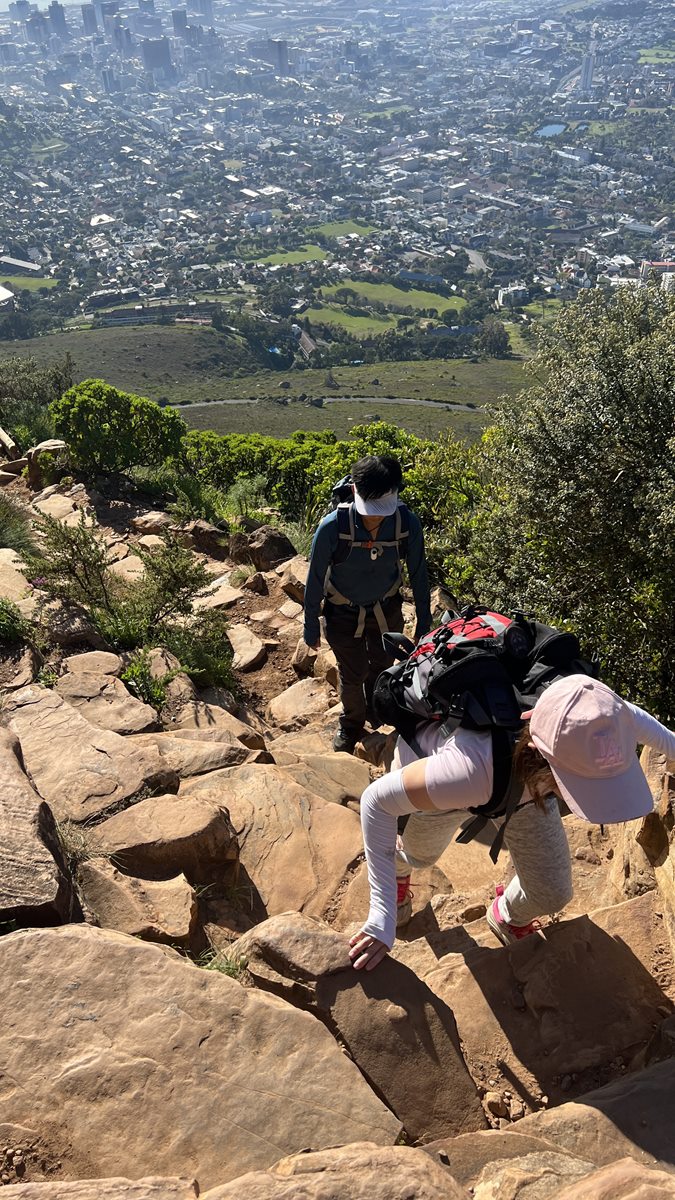
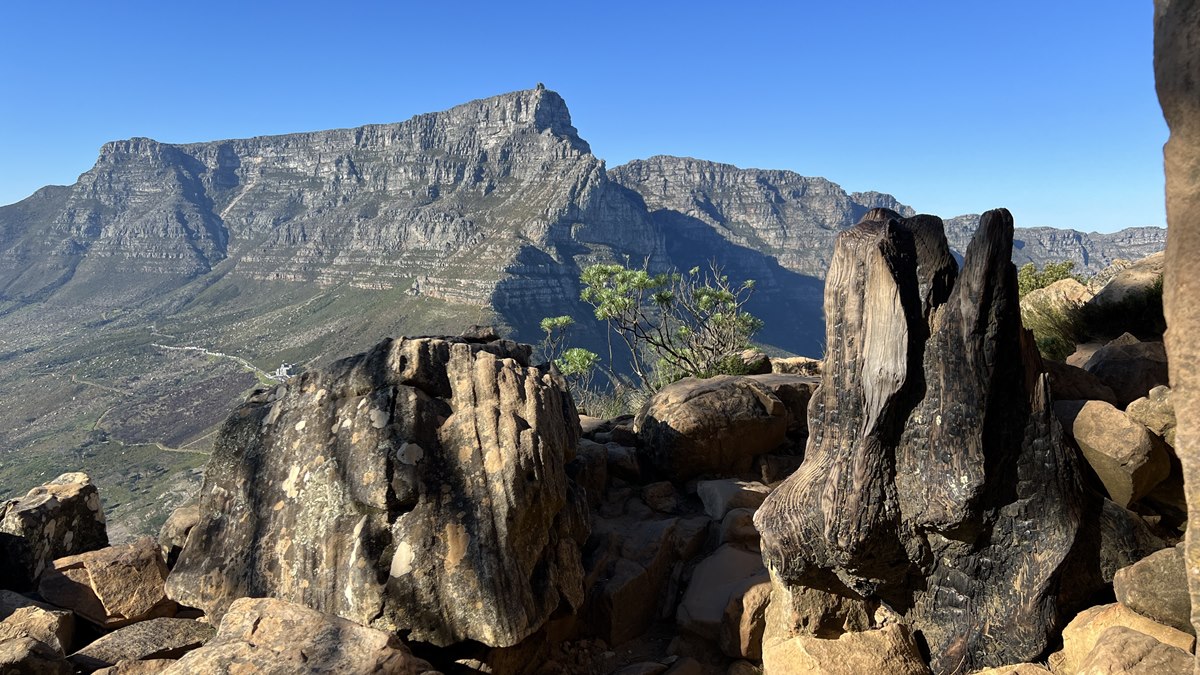
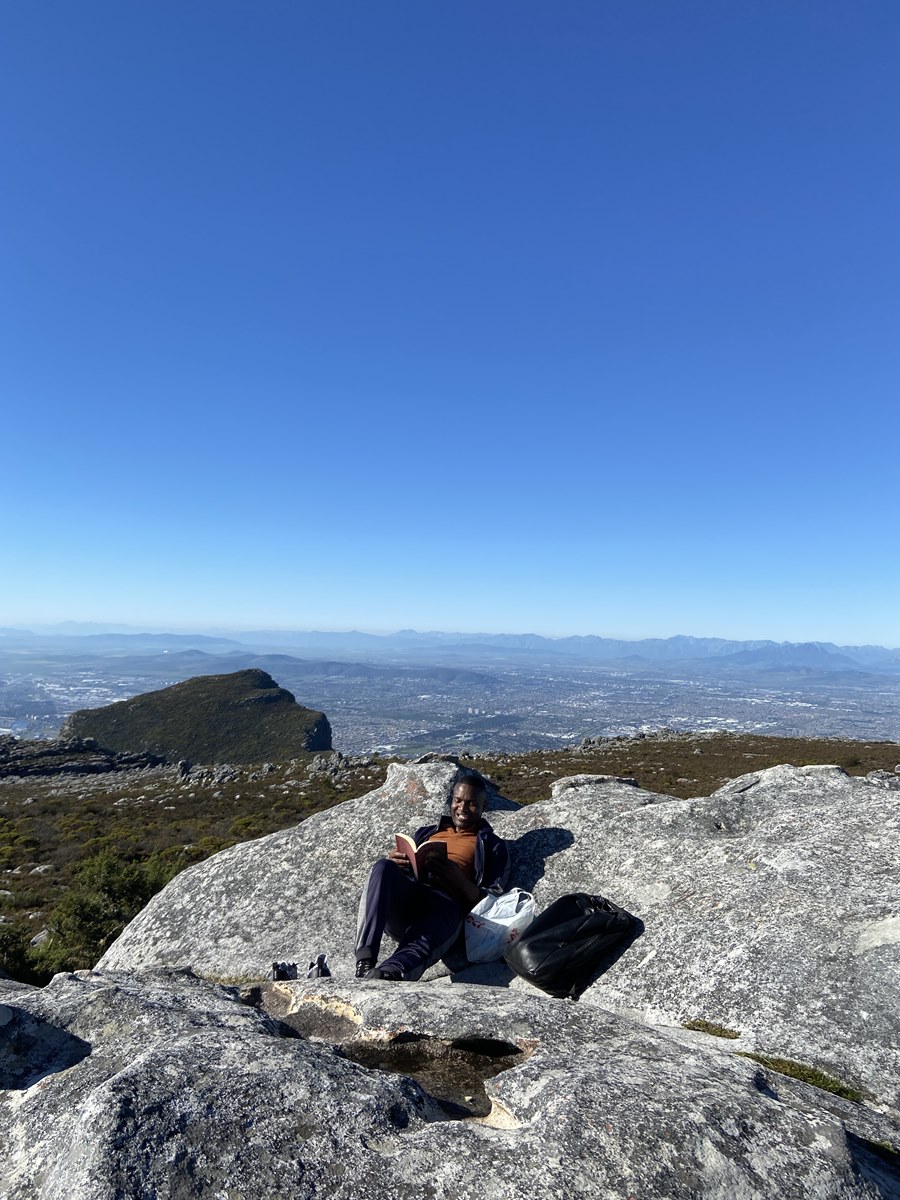
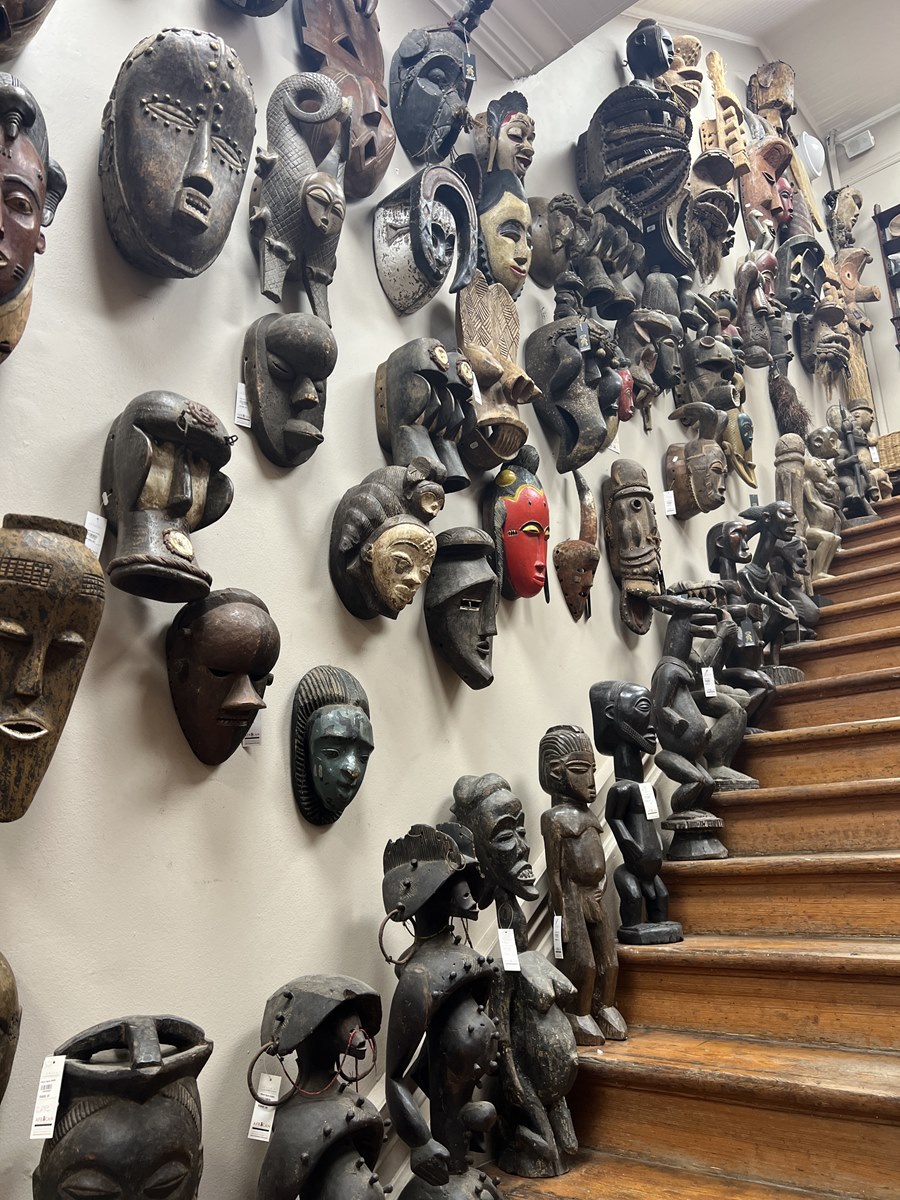
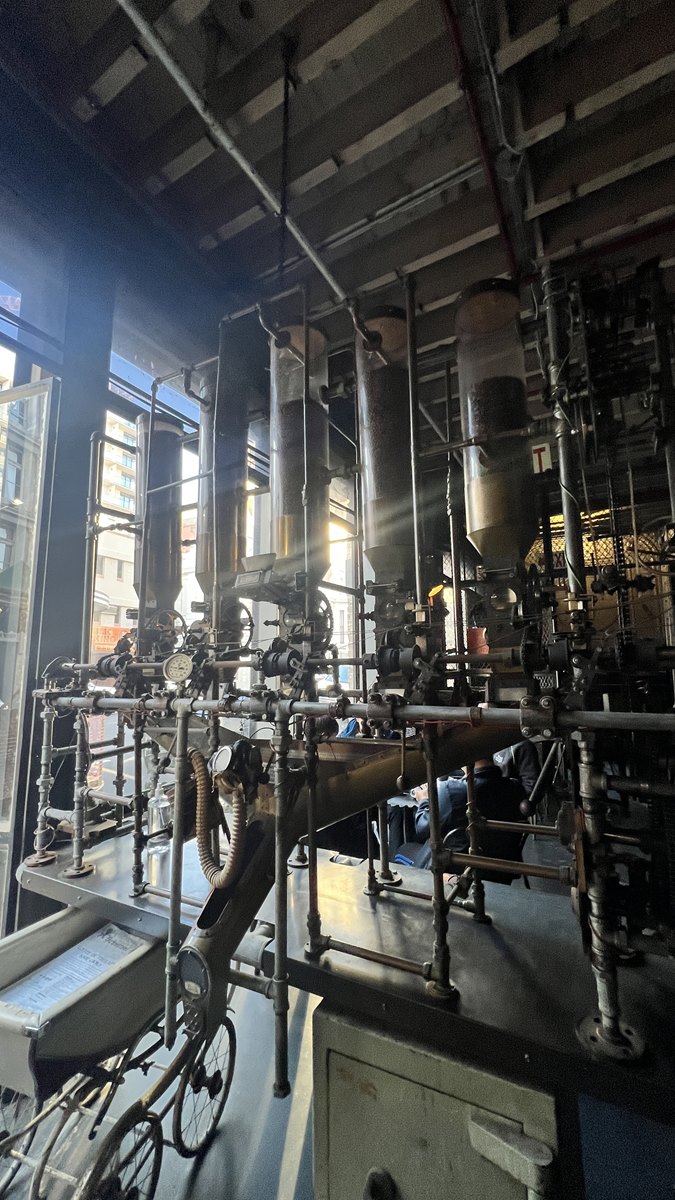
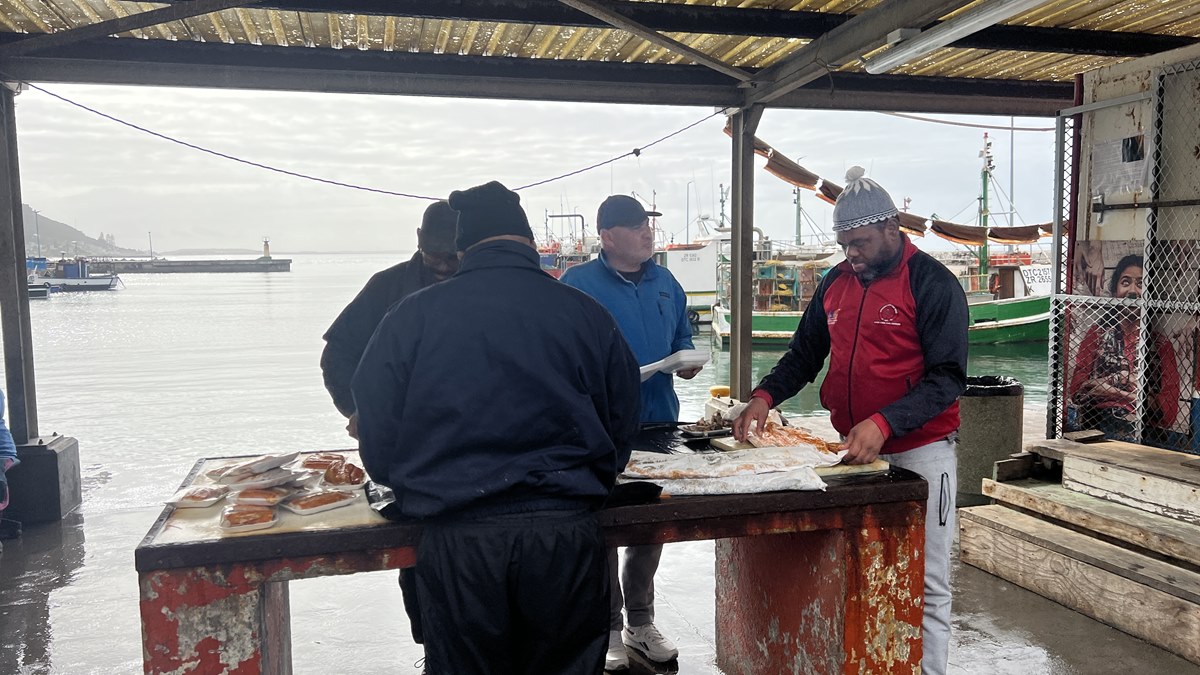
.jpg)
2.jpg)
CapeMalay.jpg)
